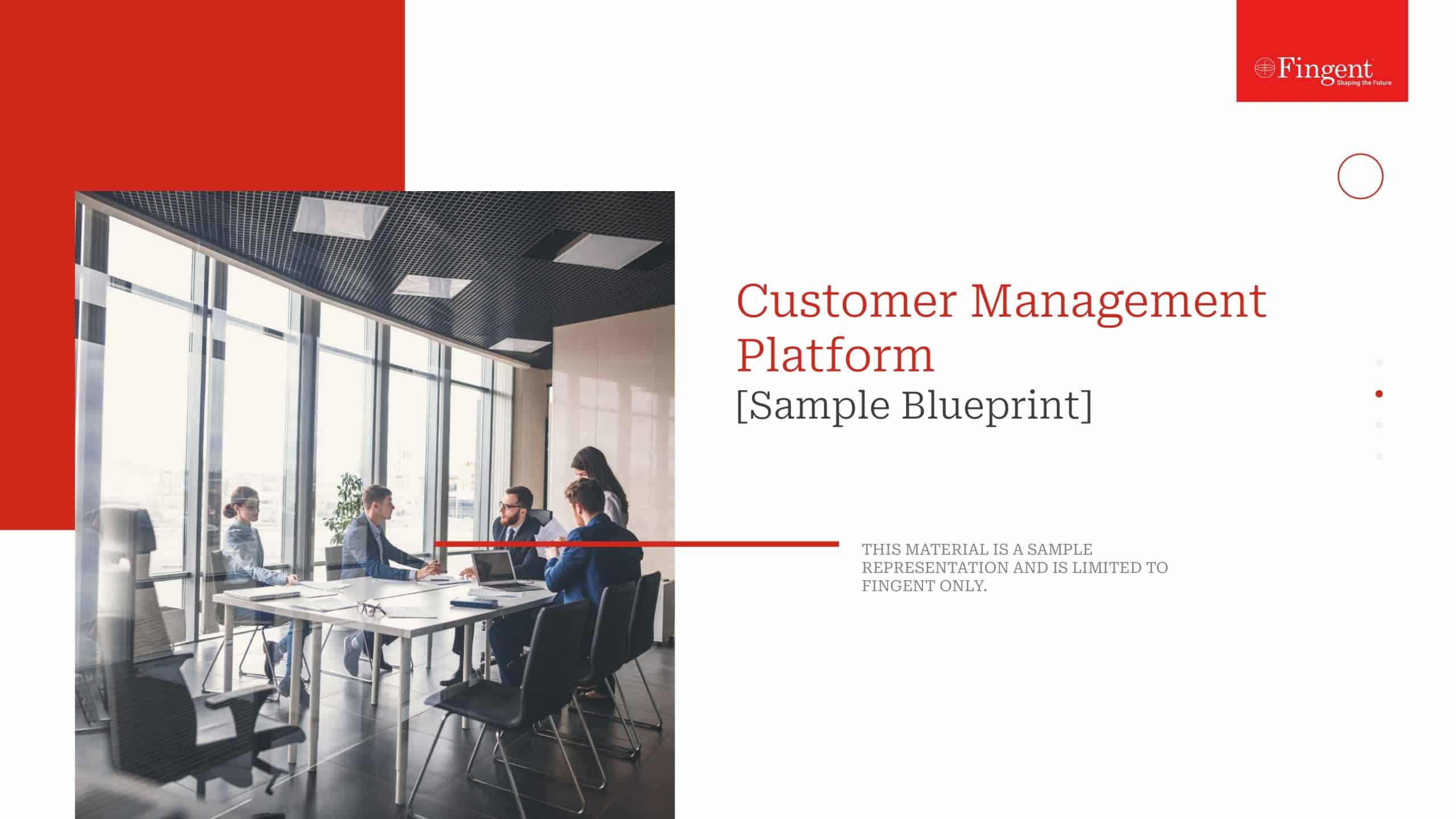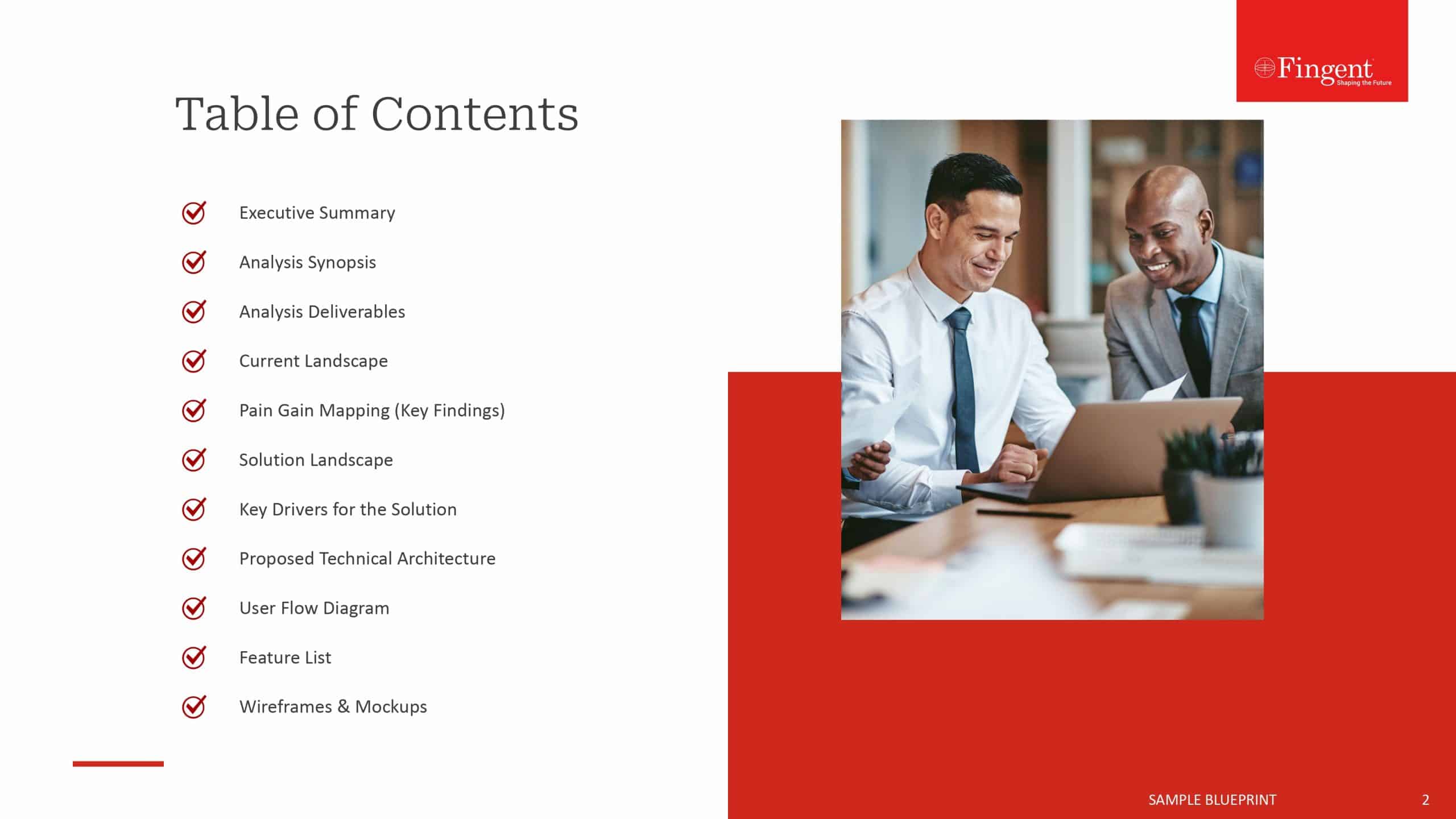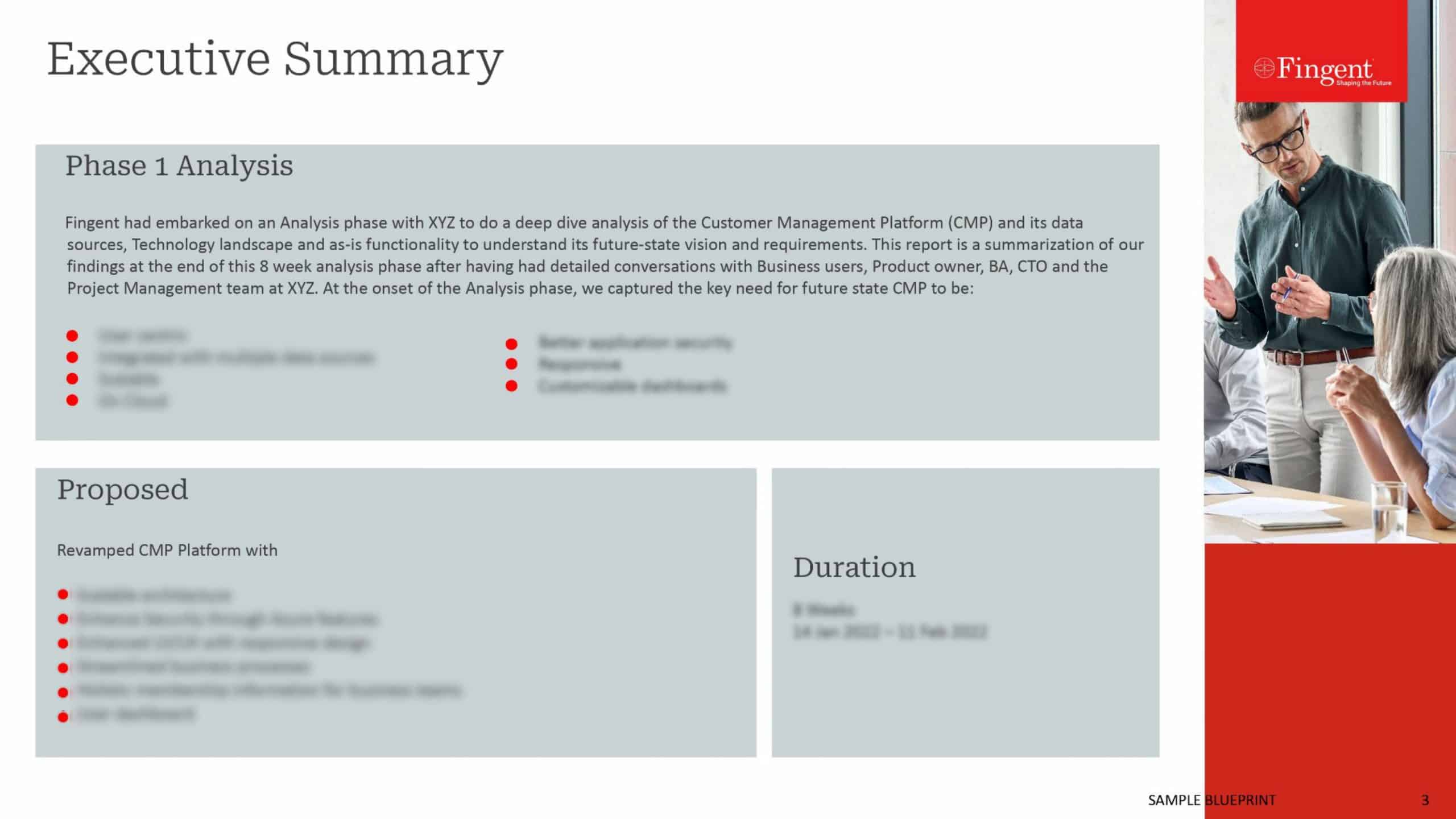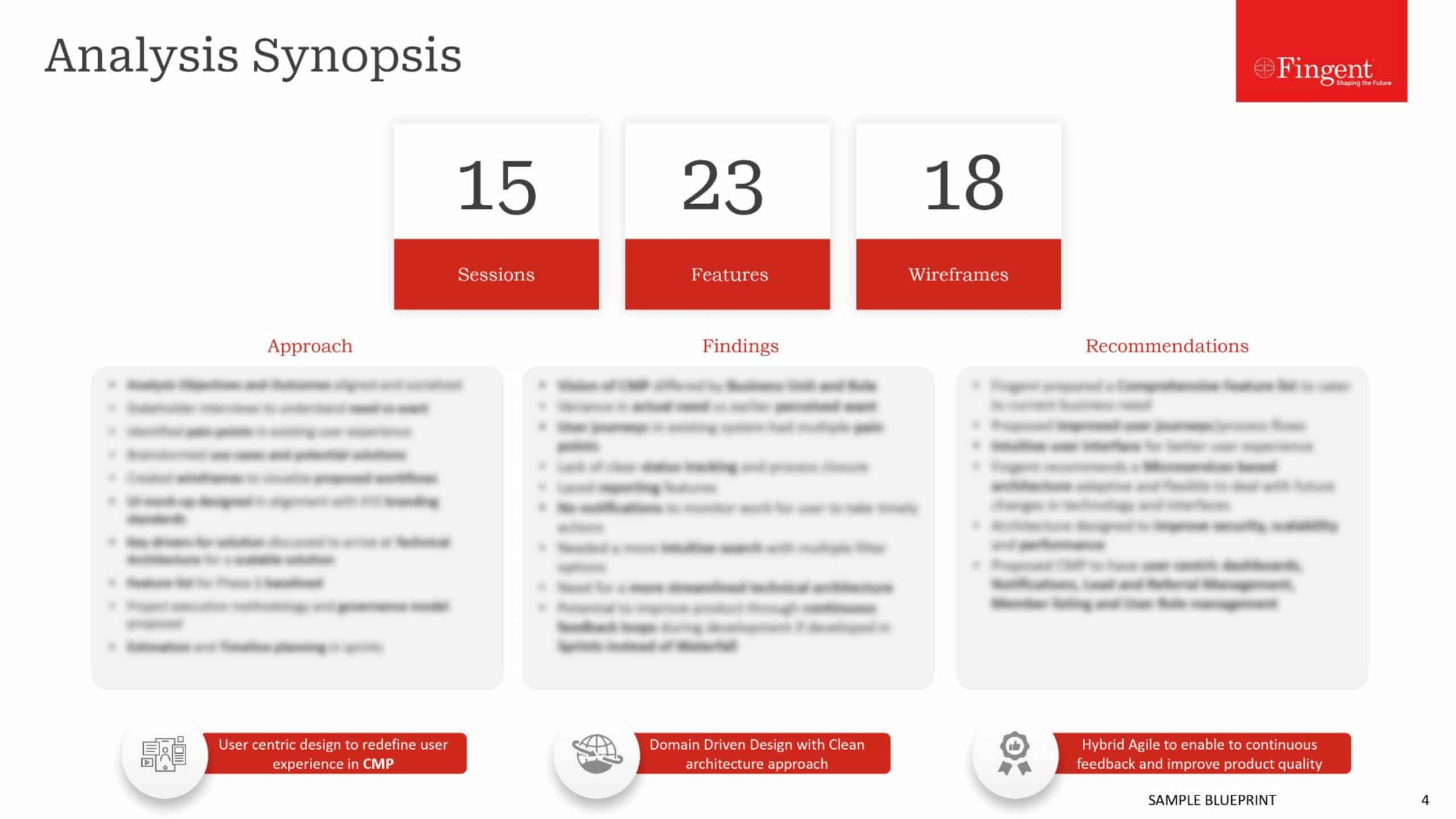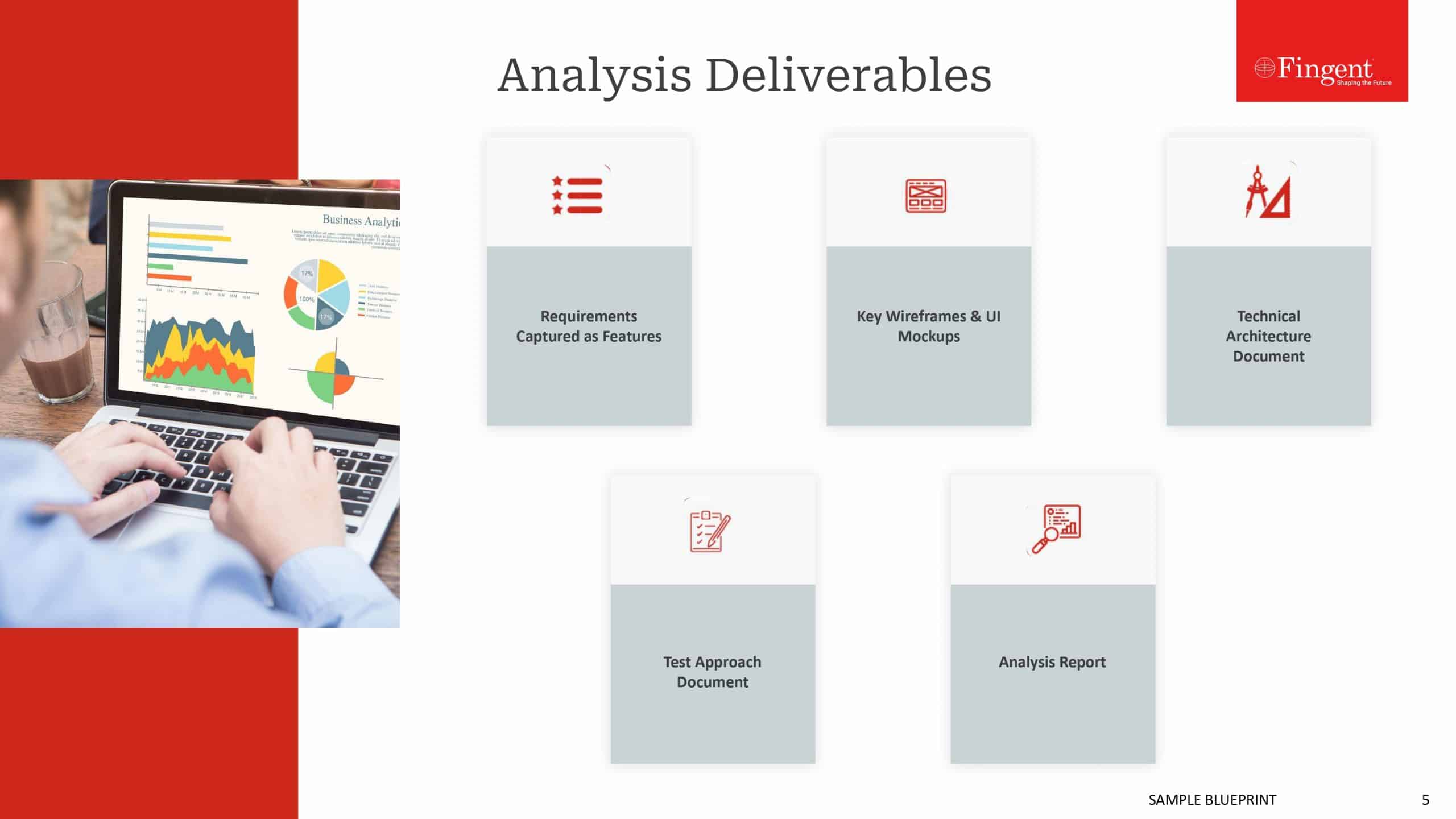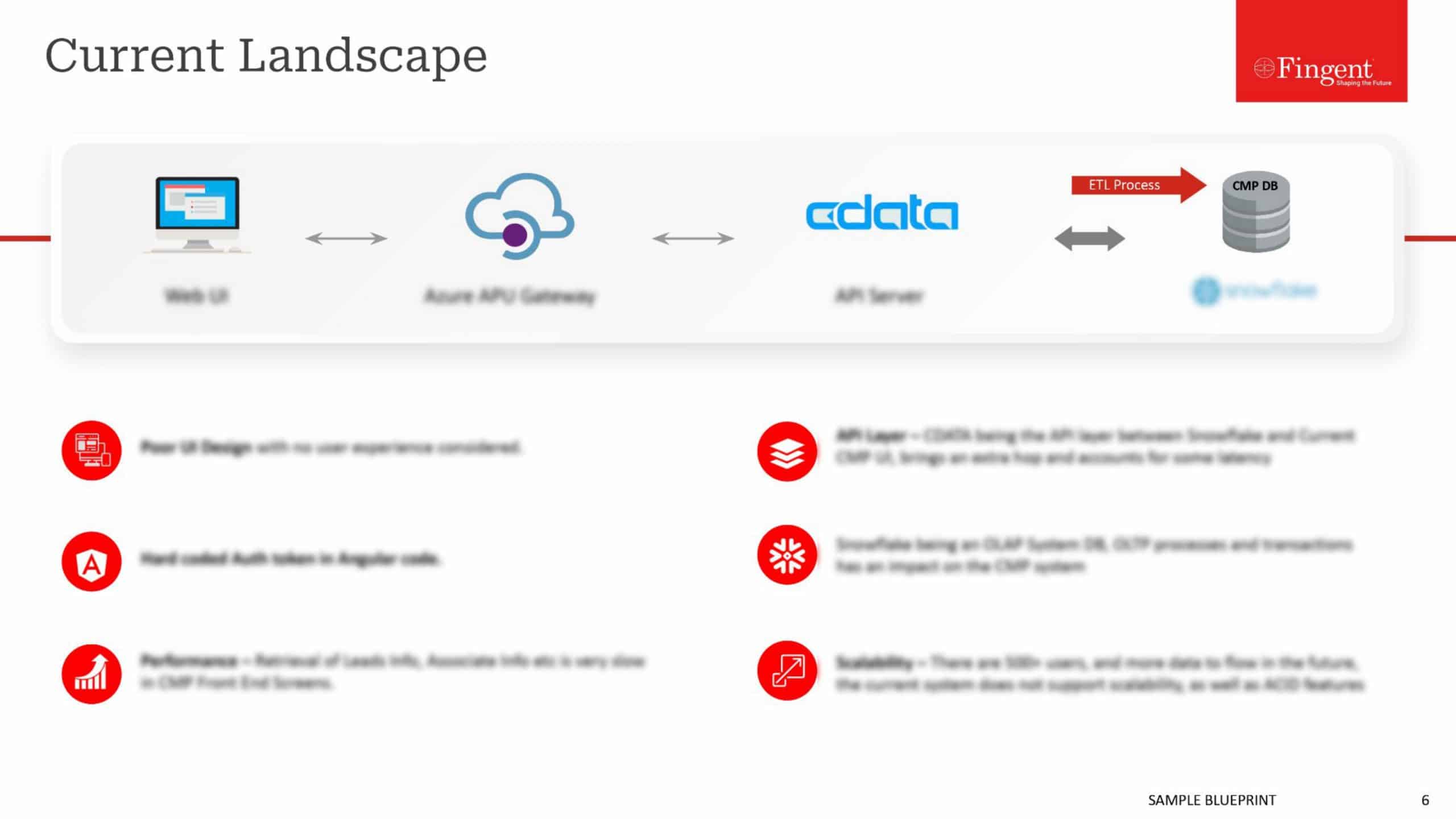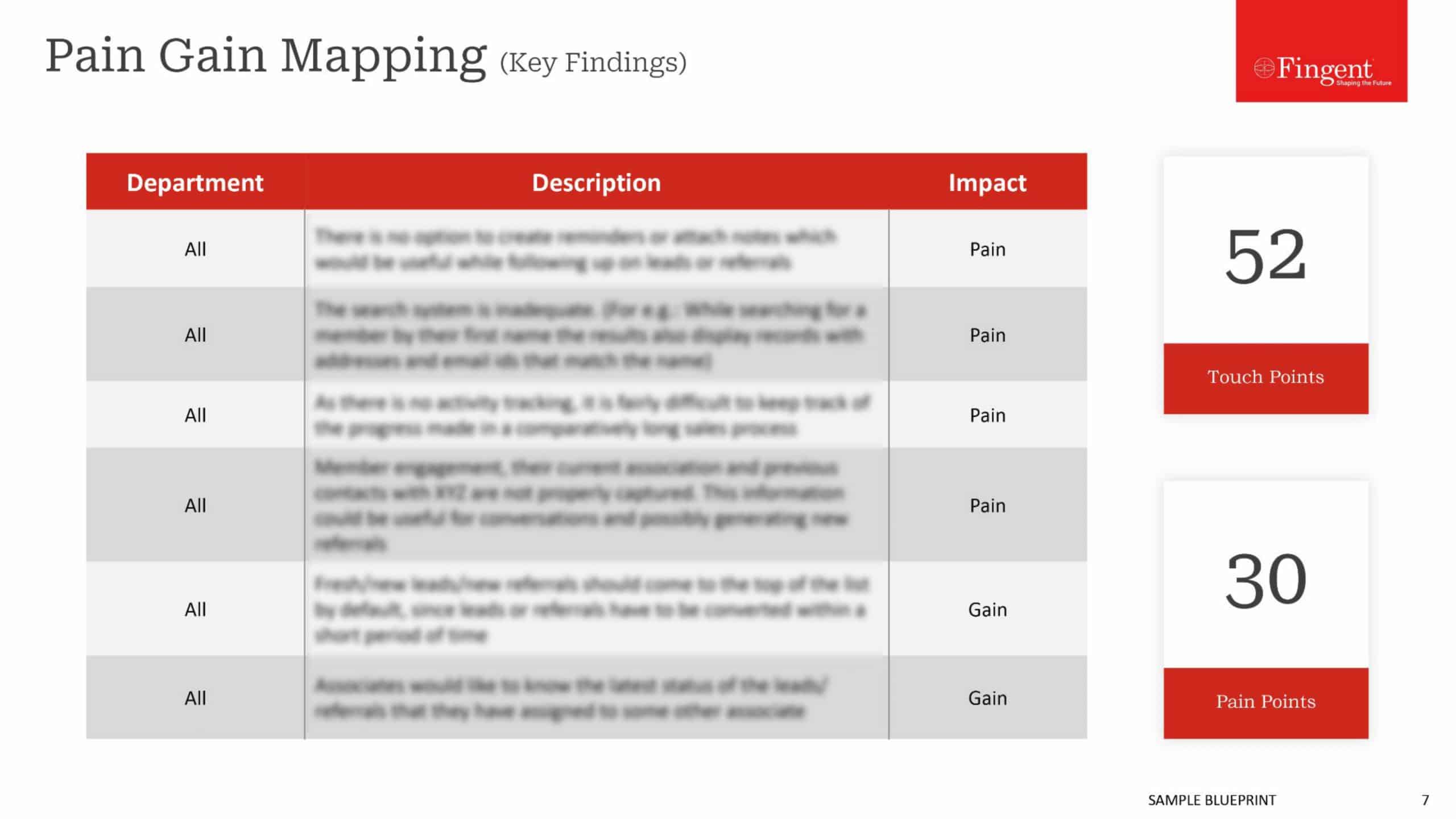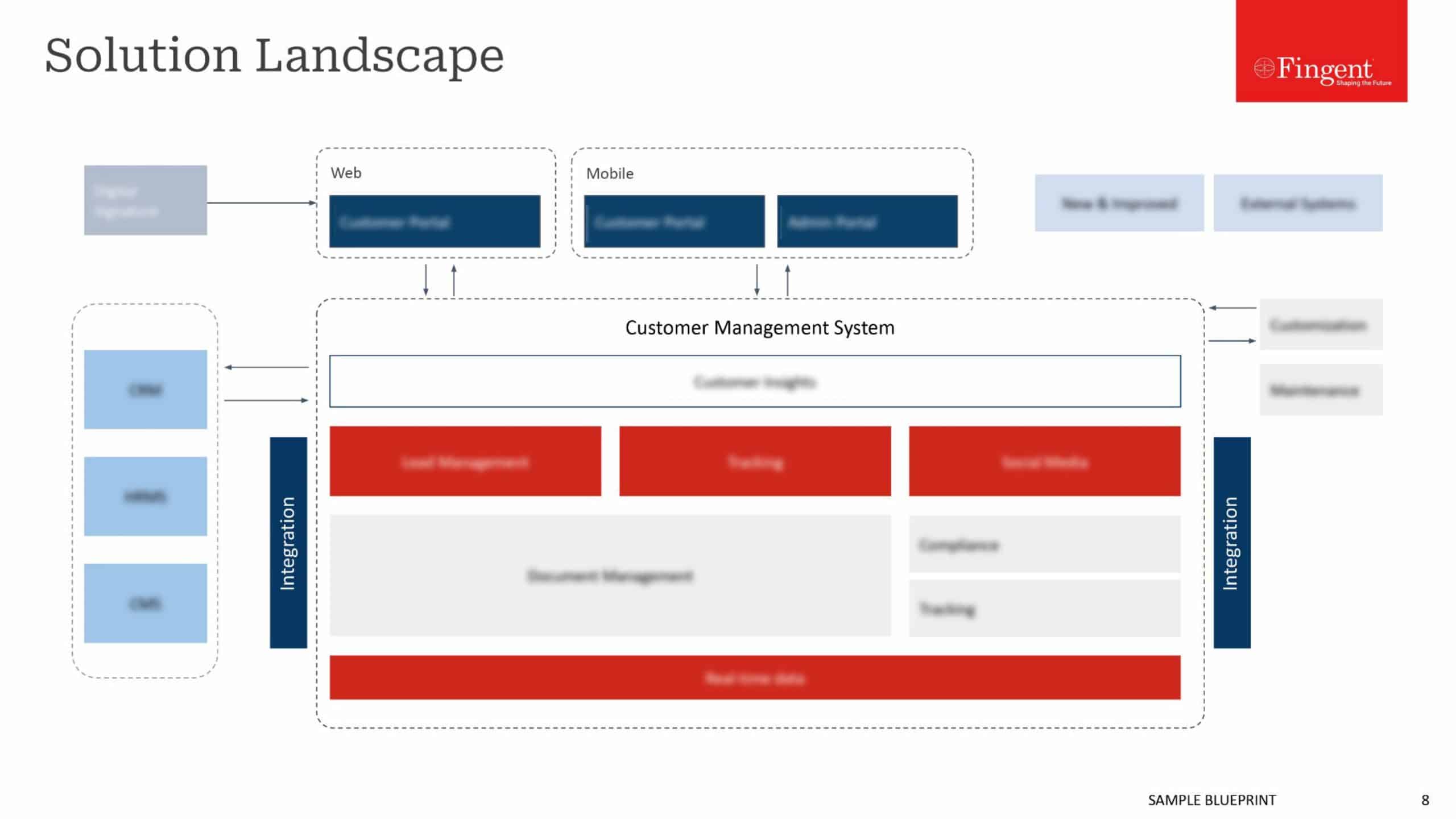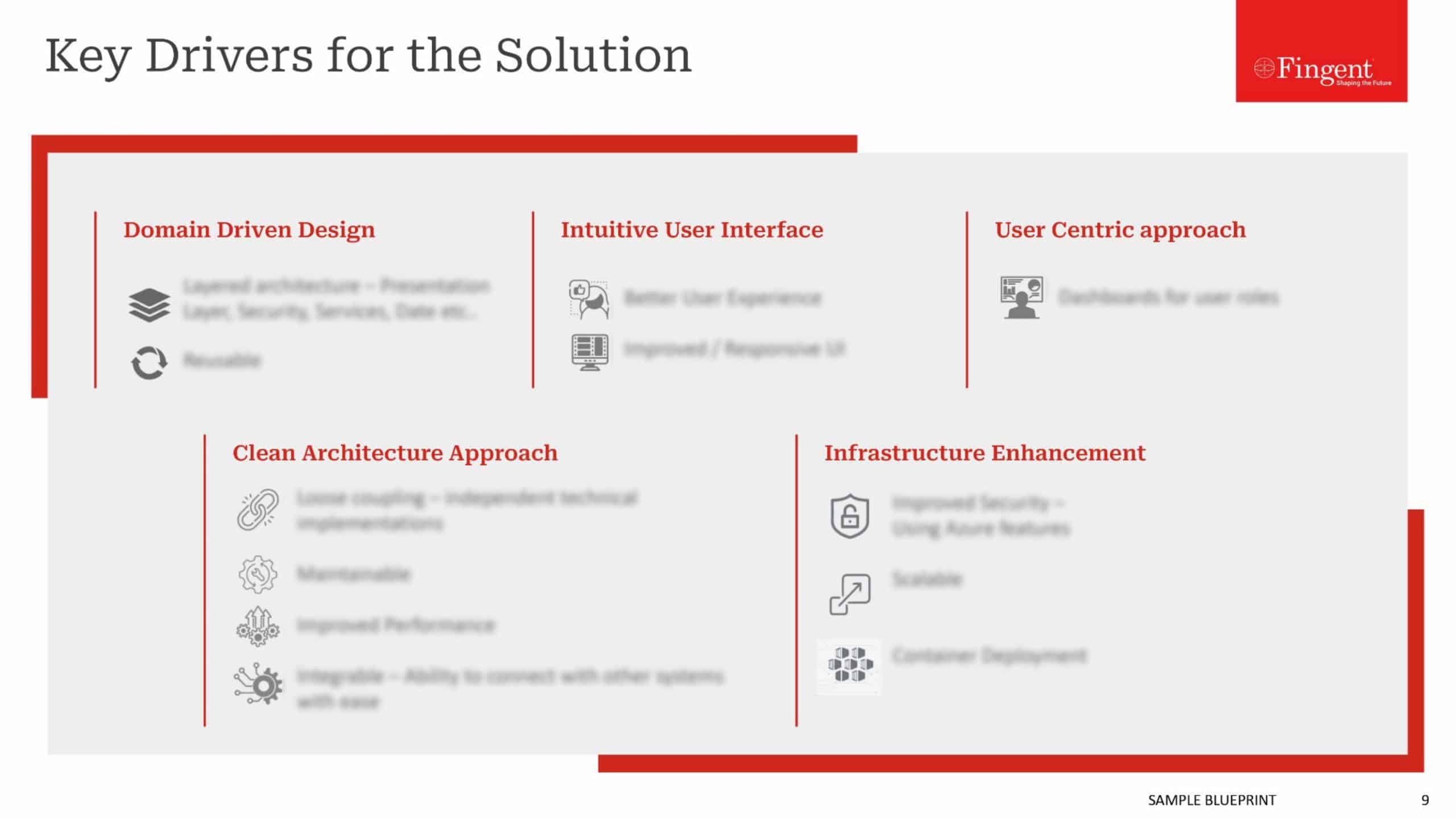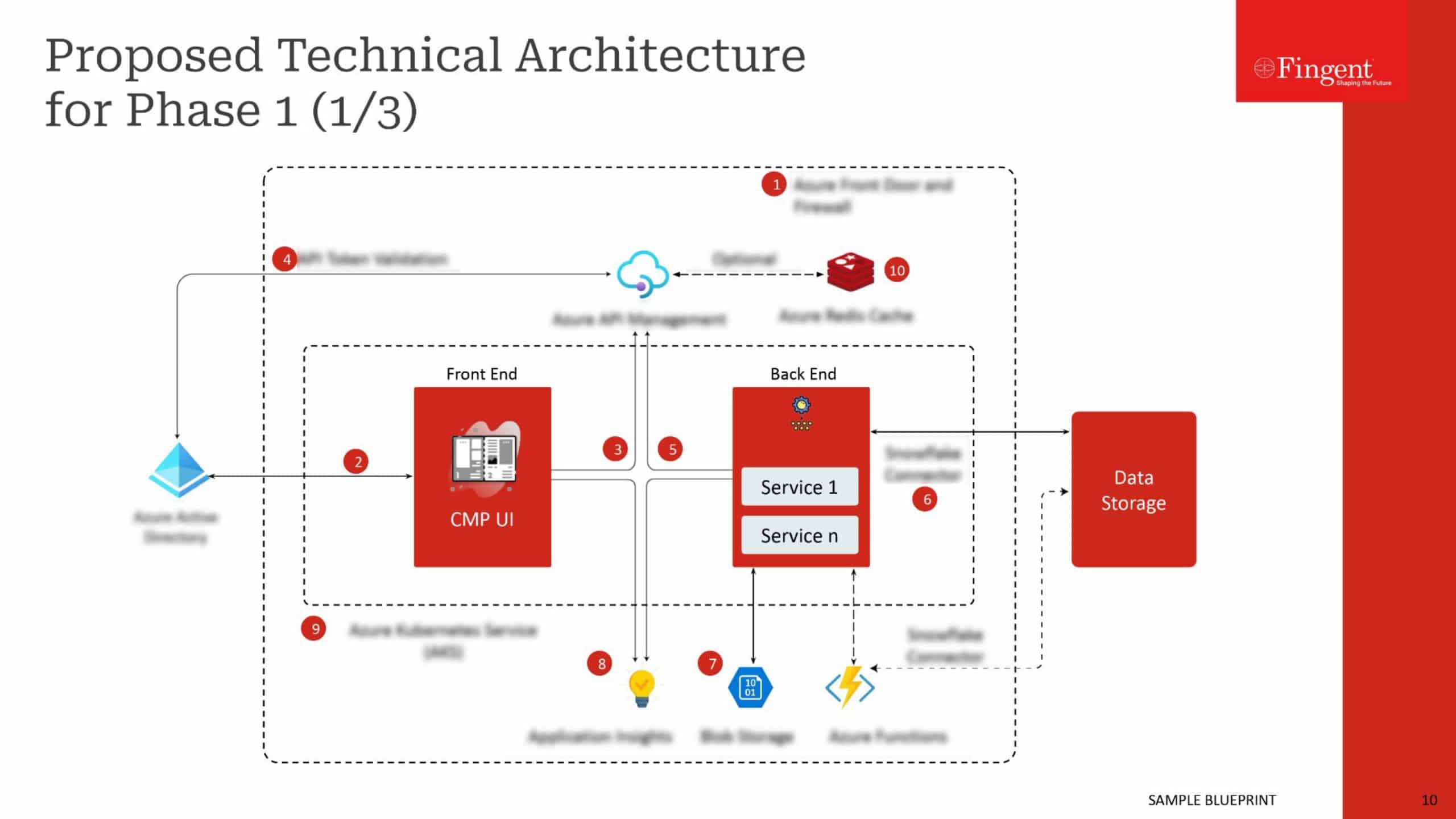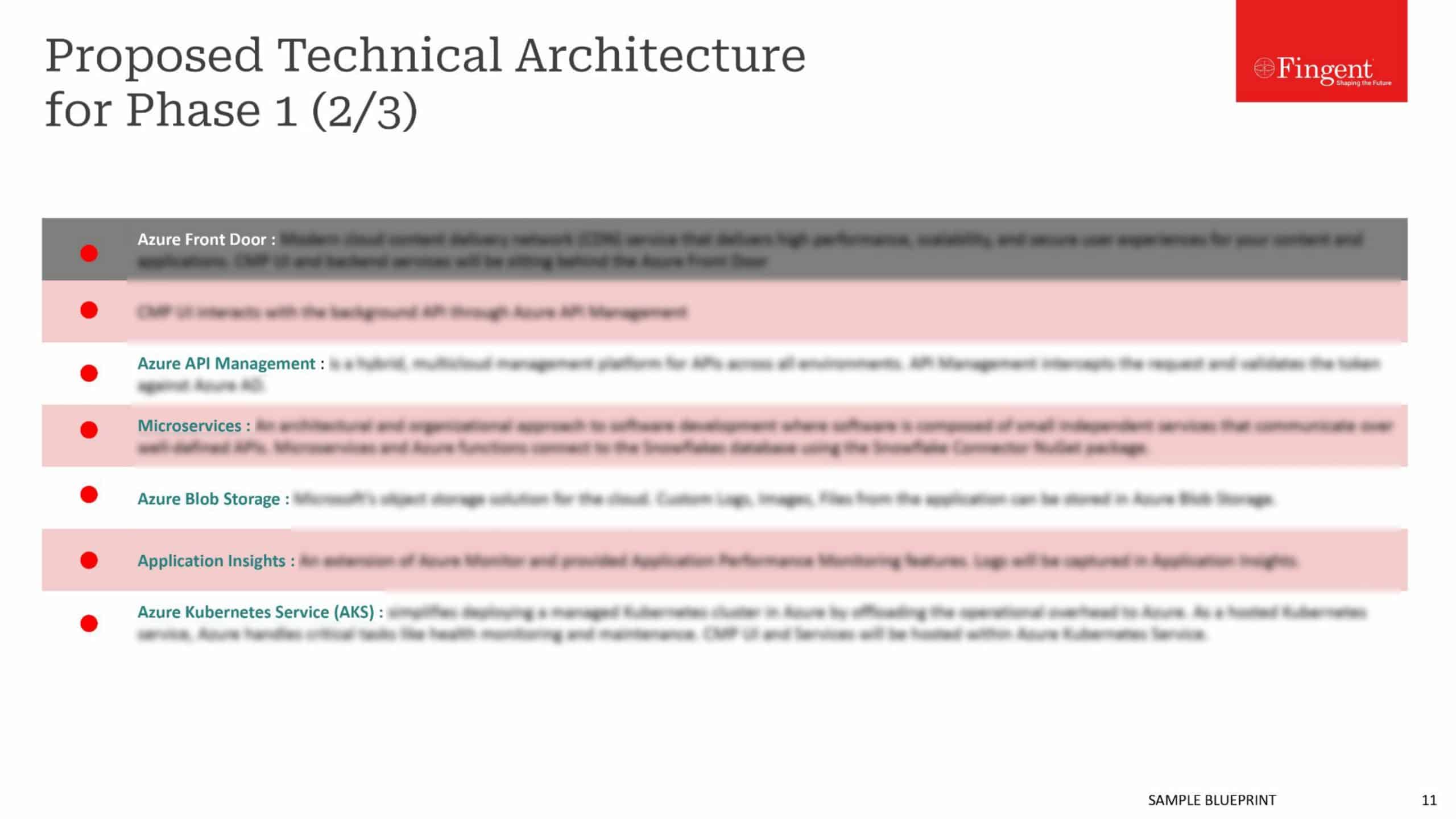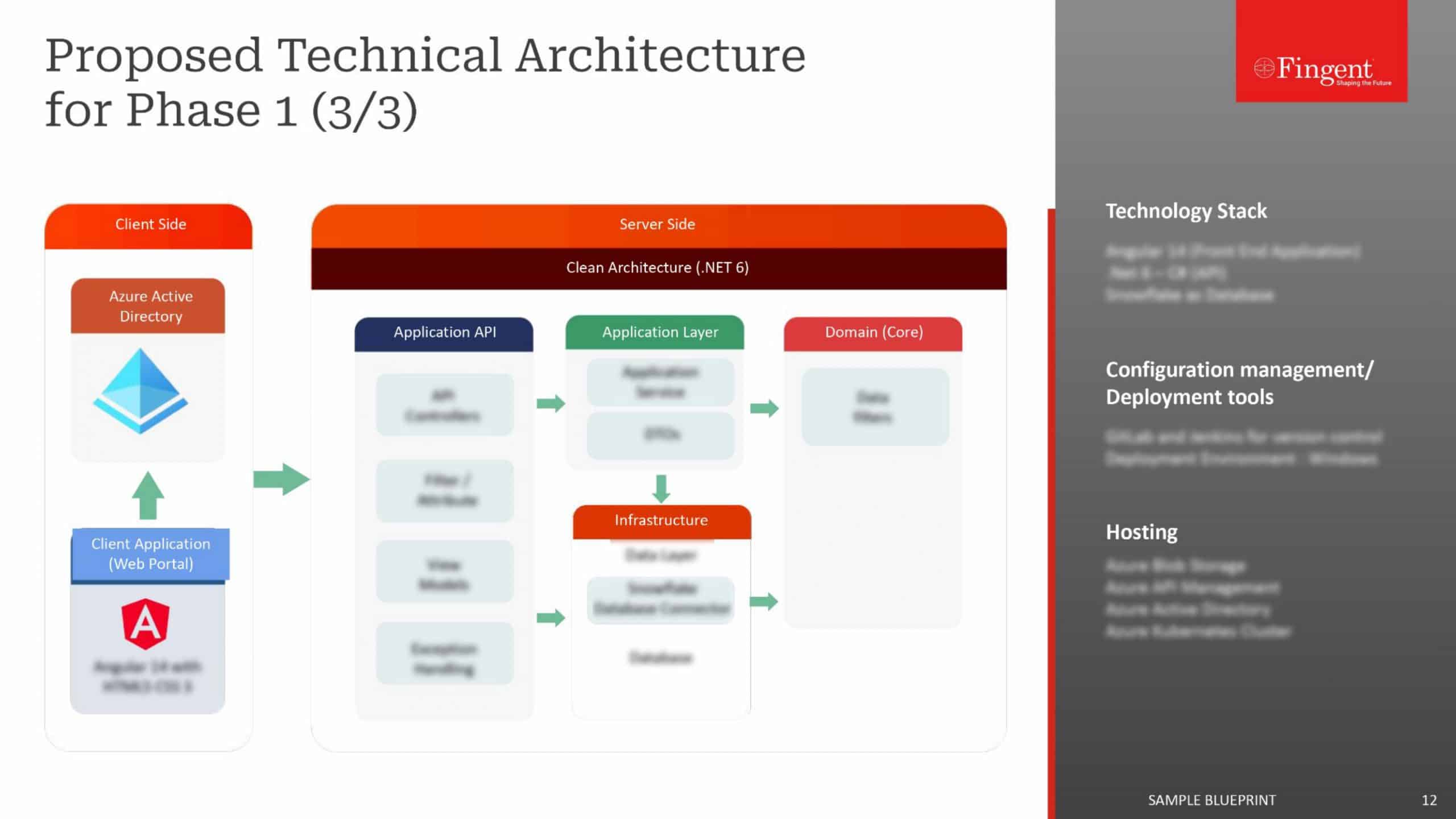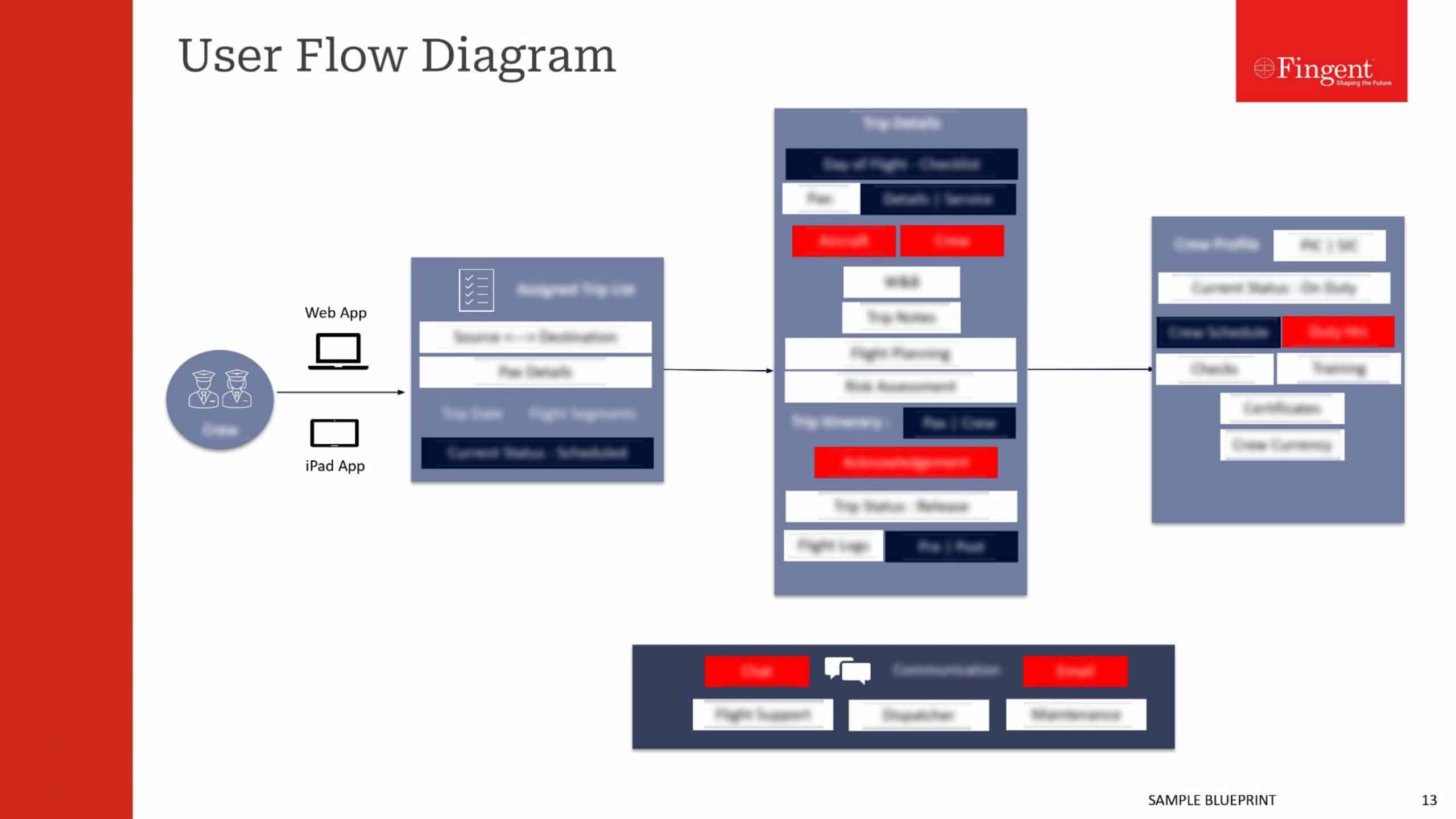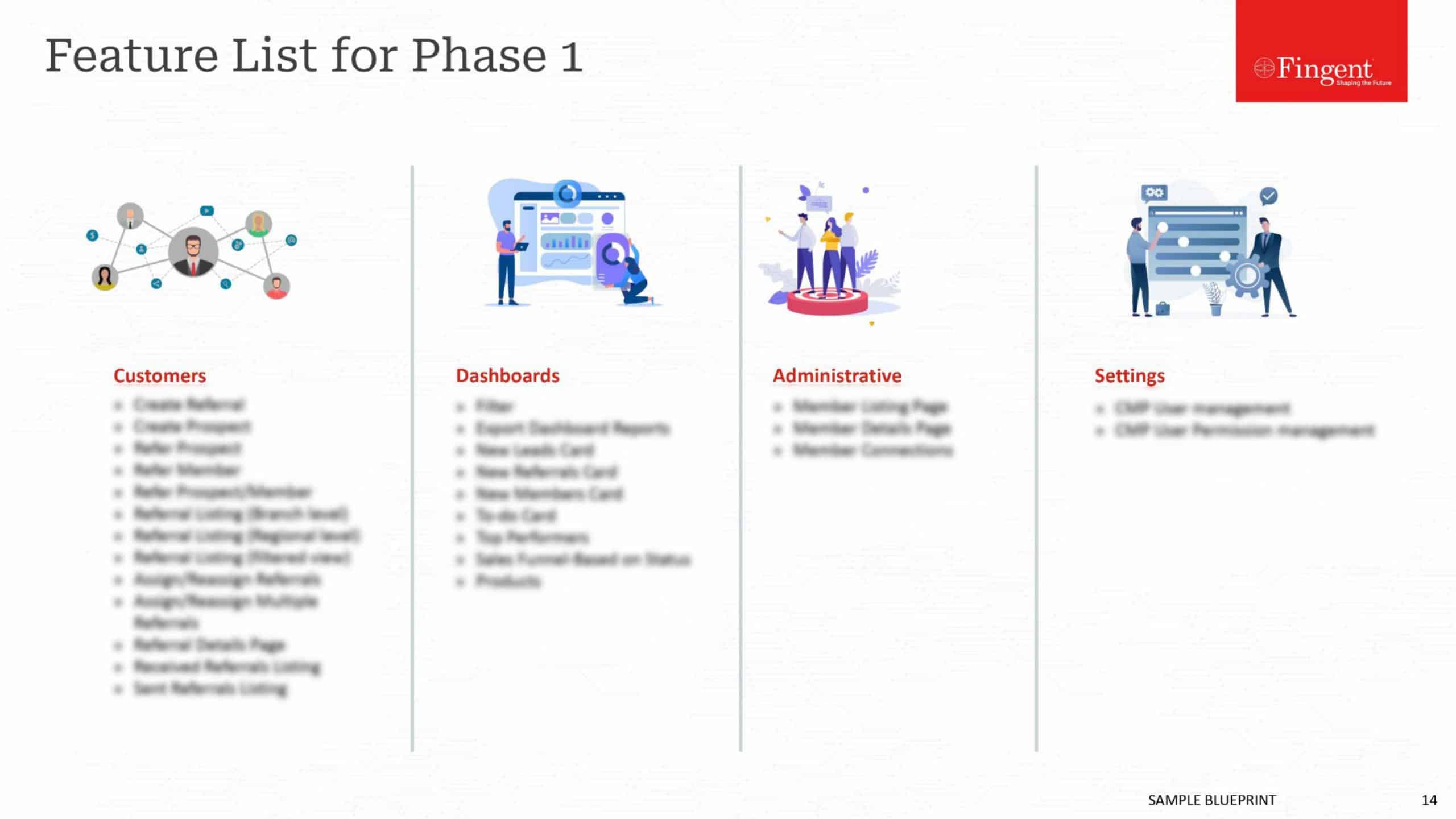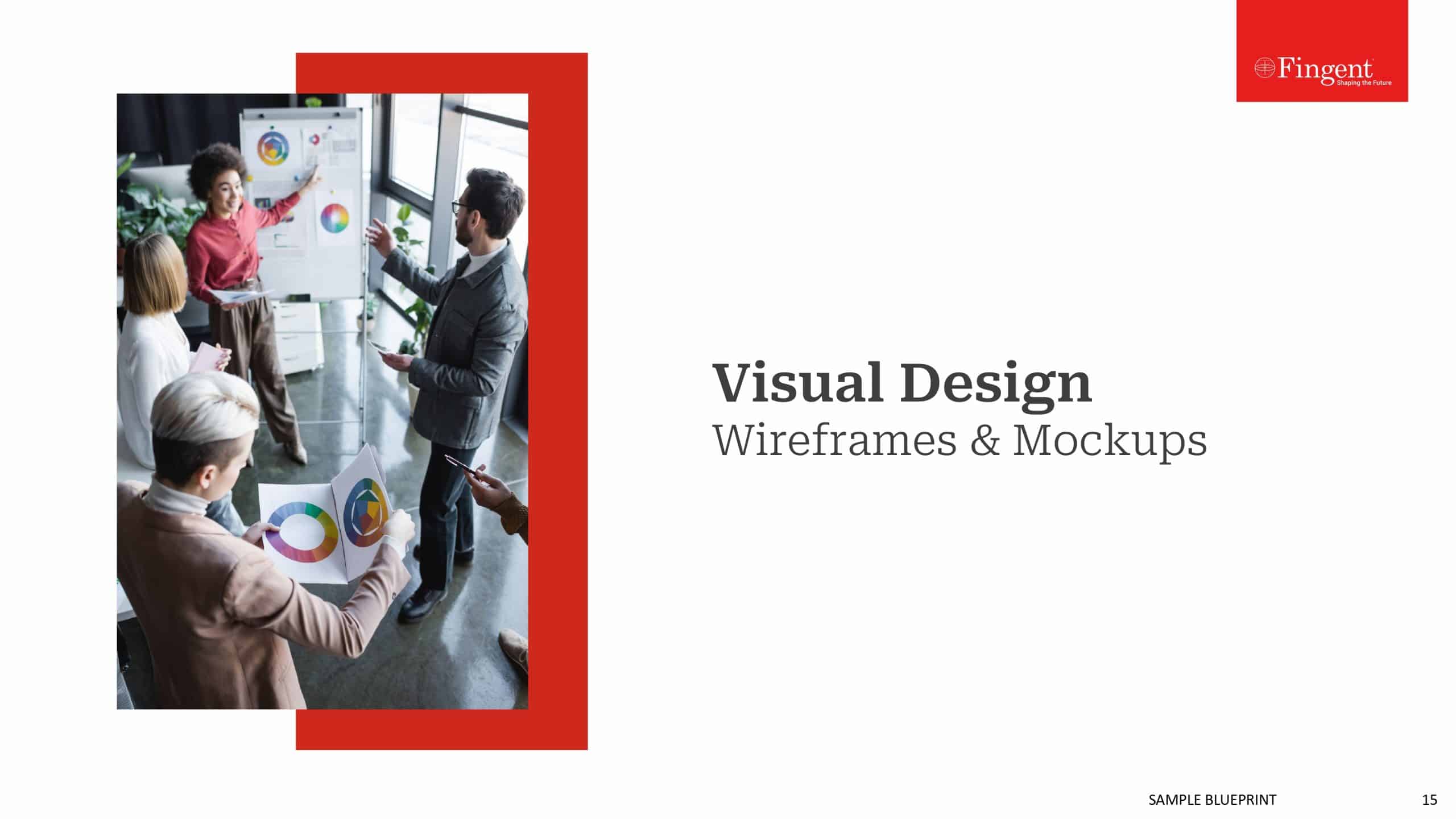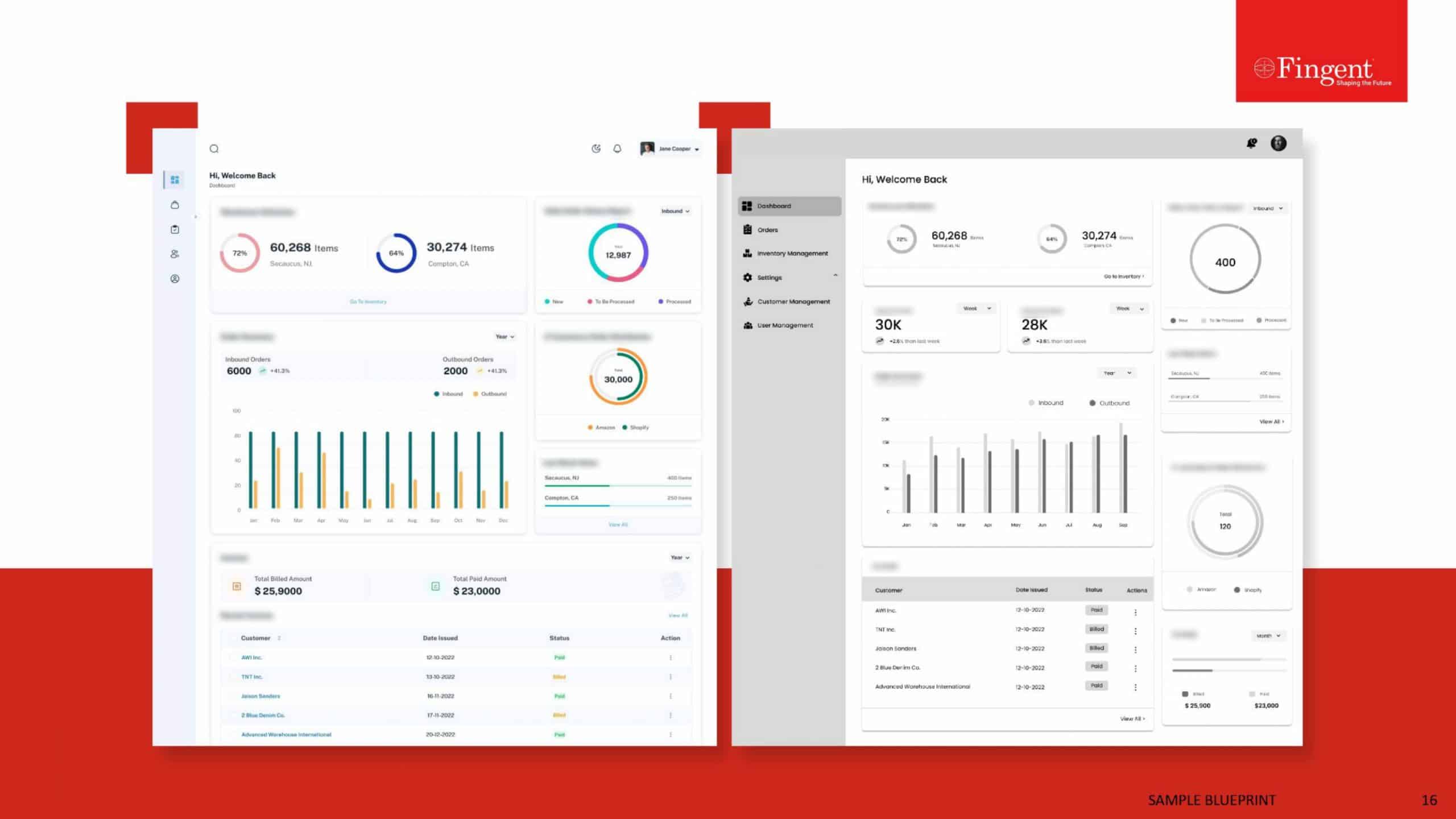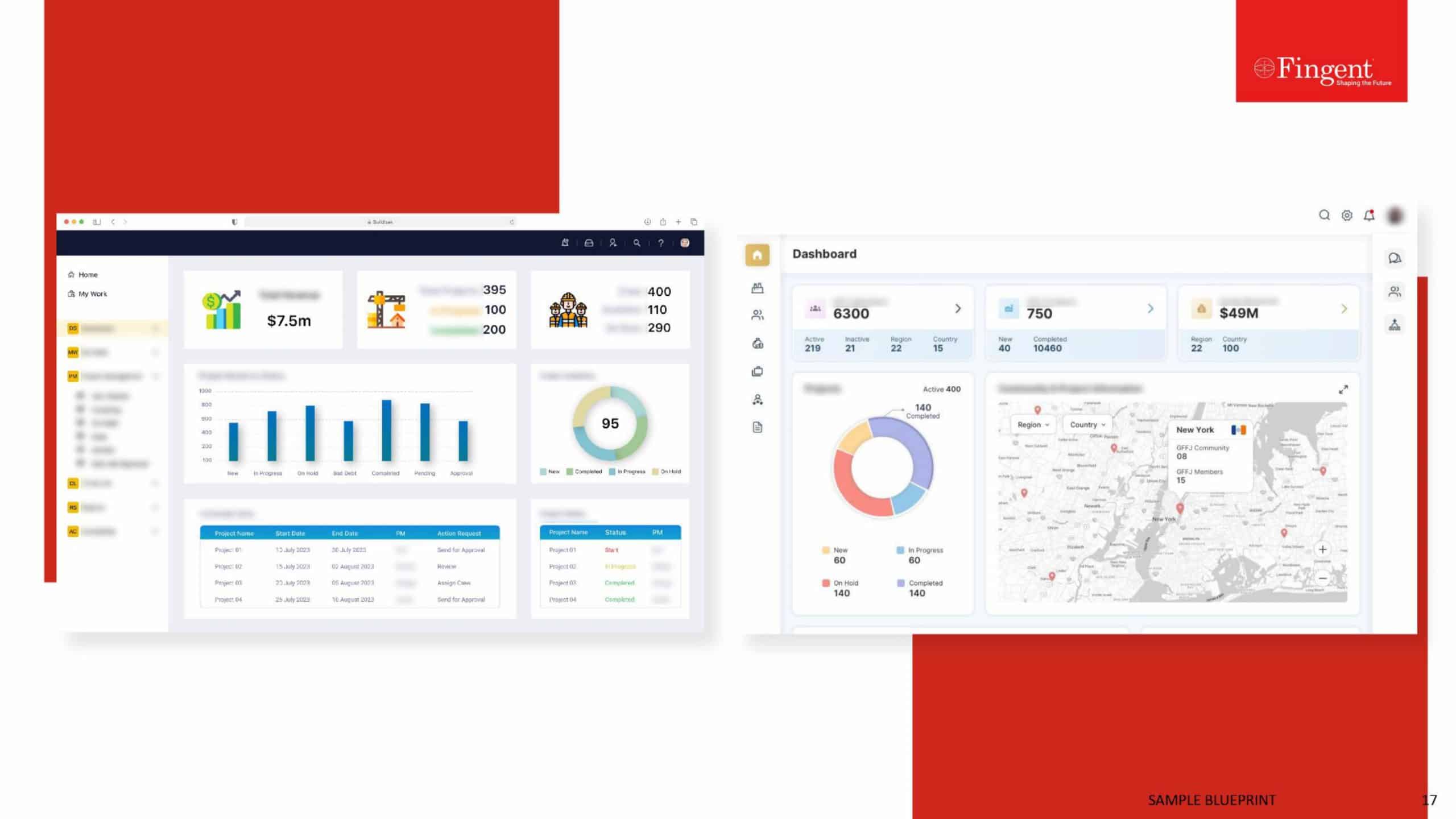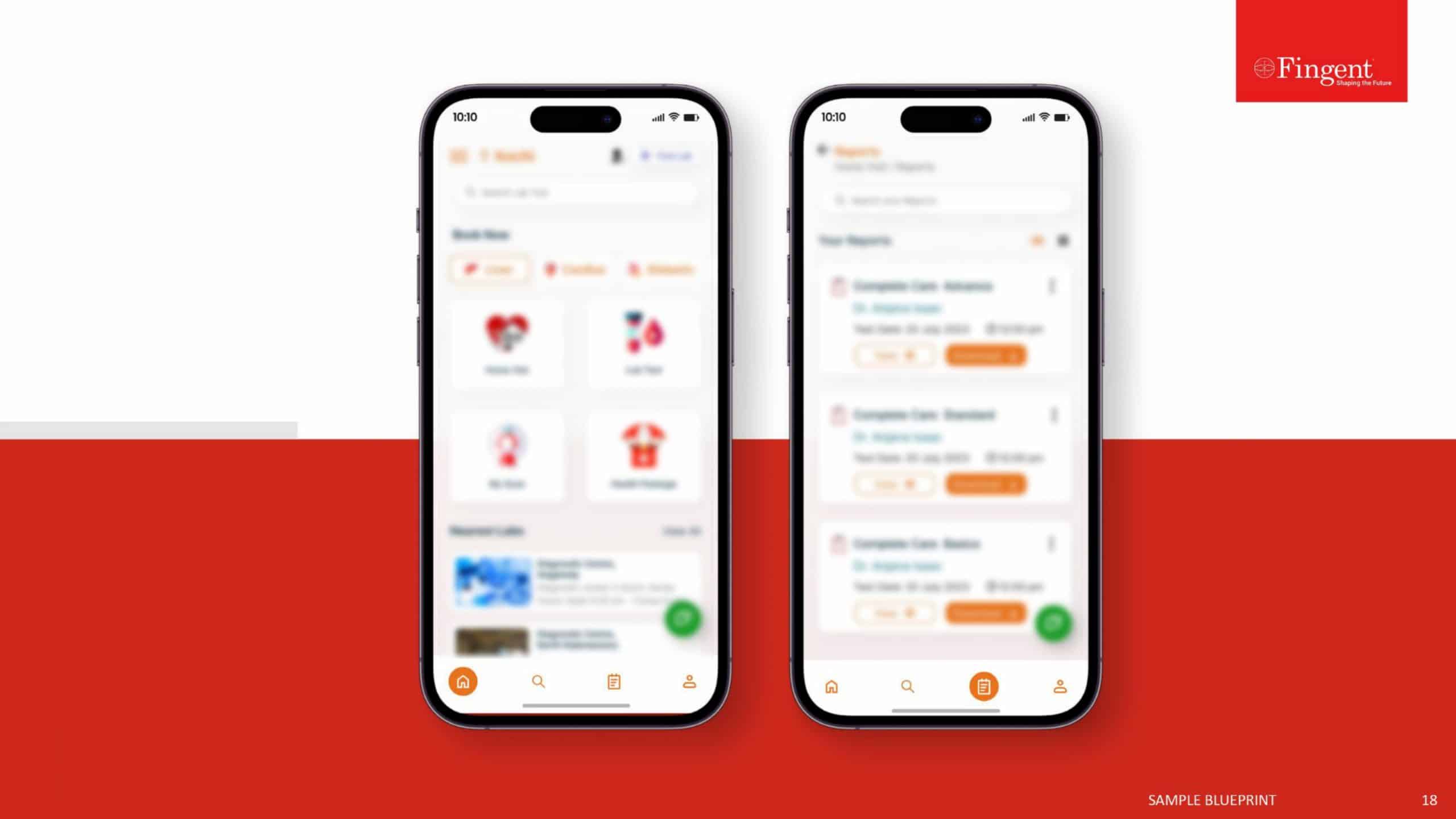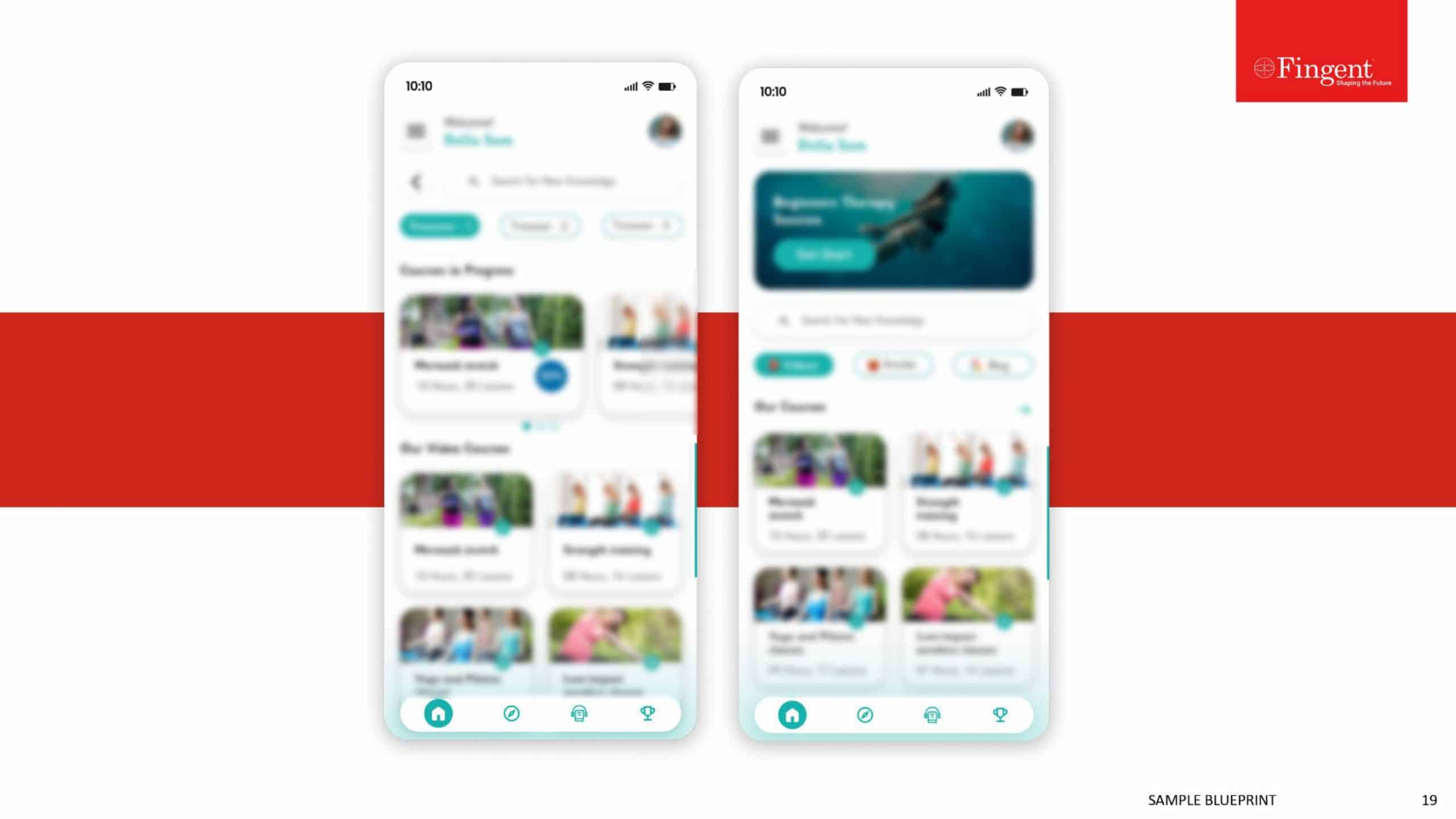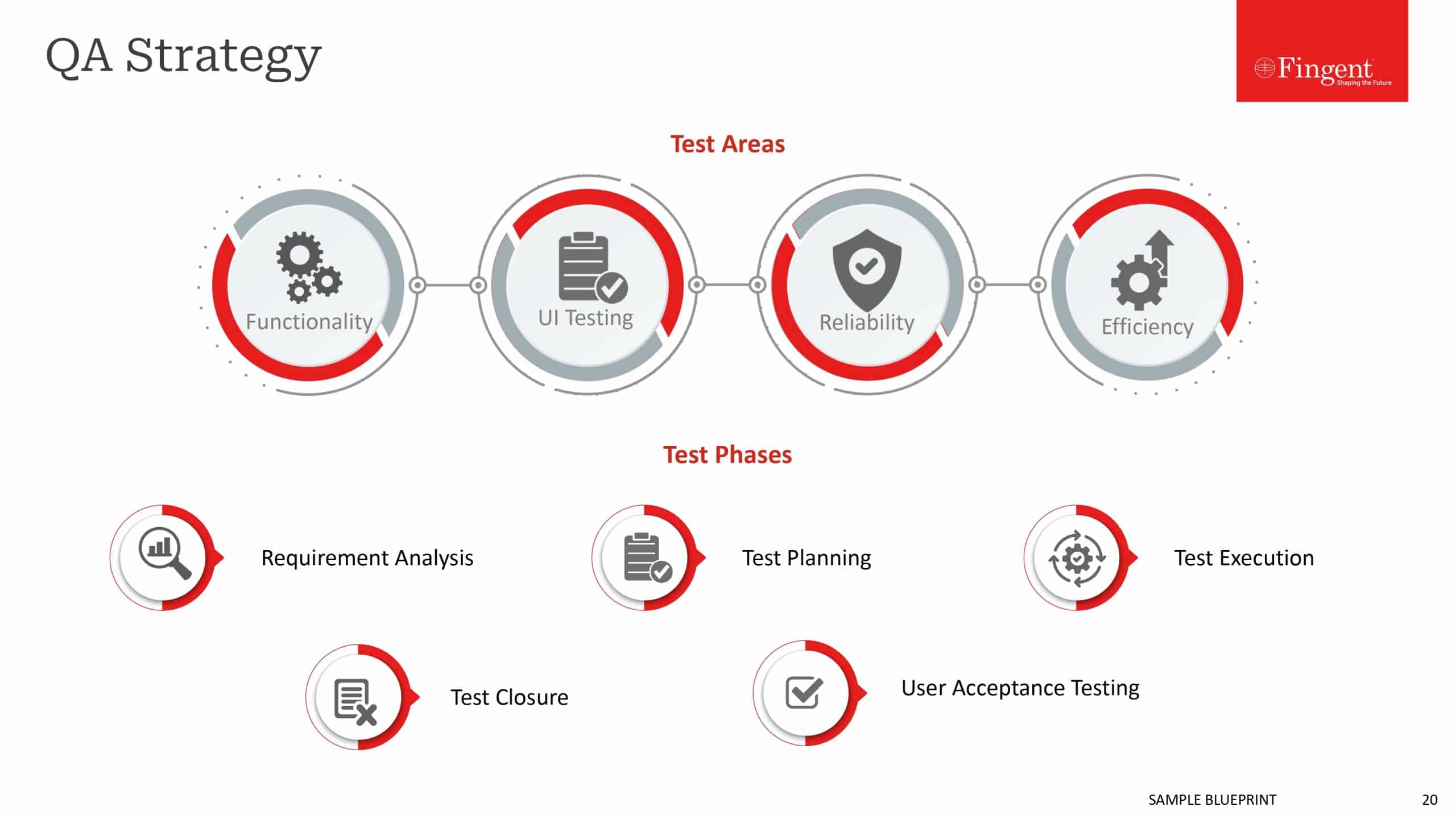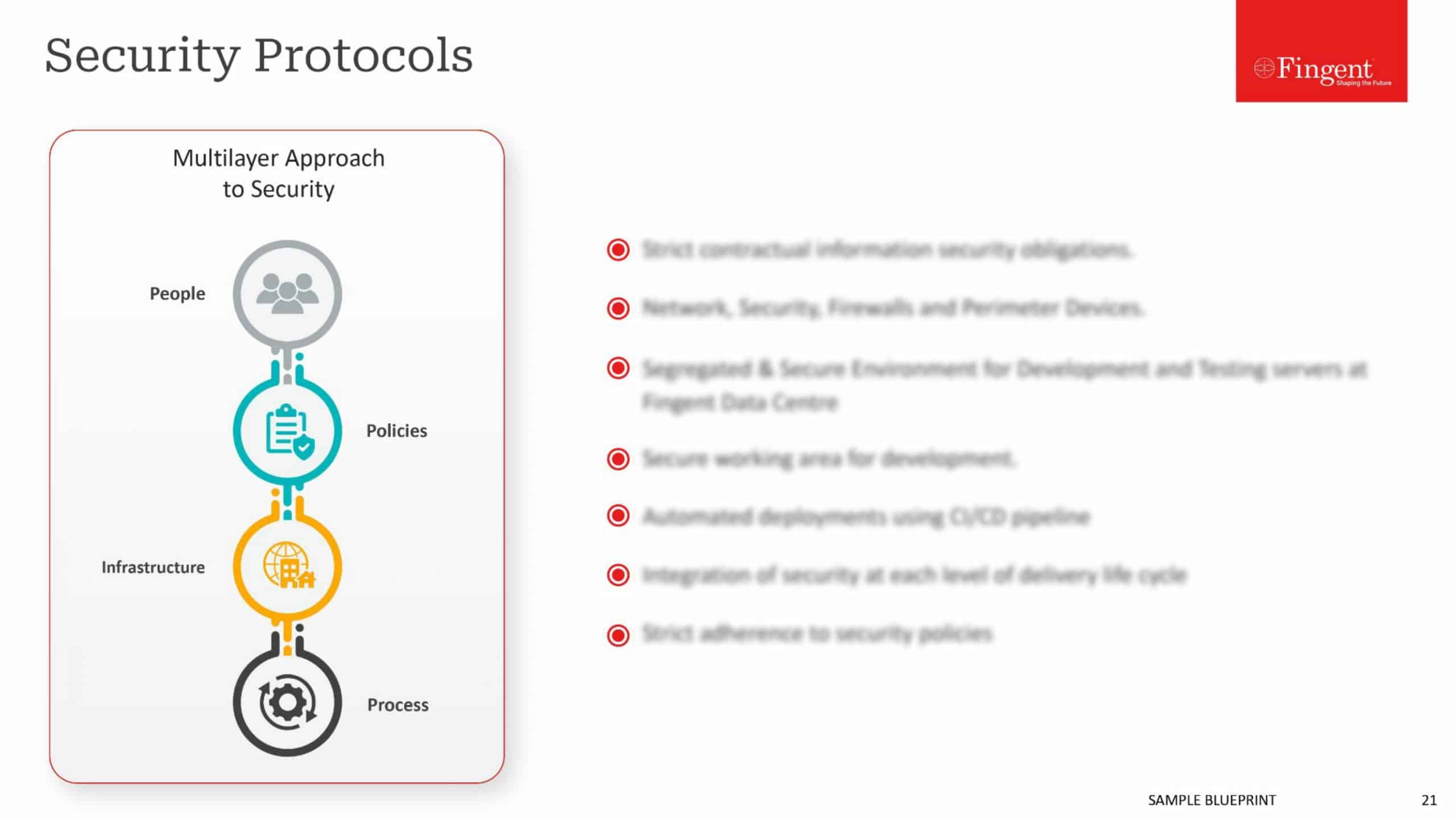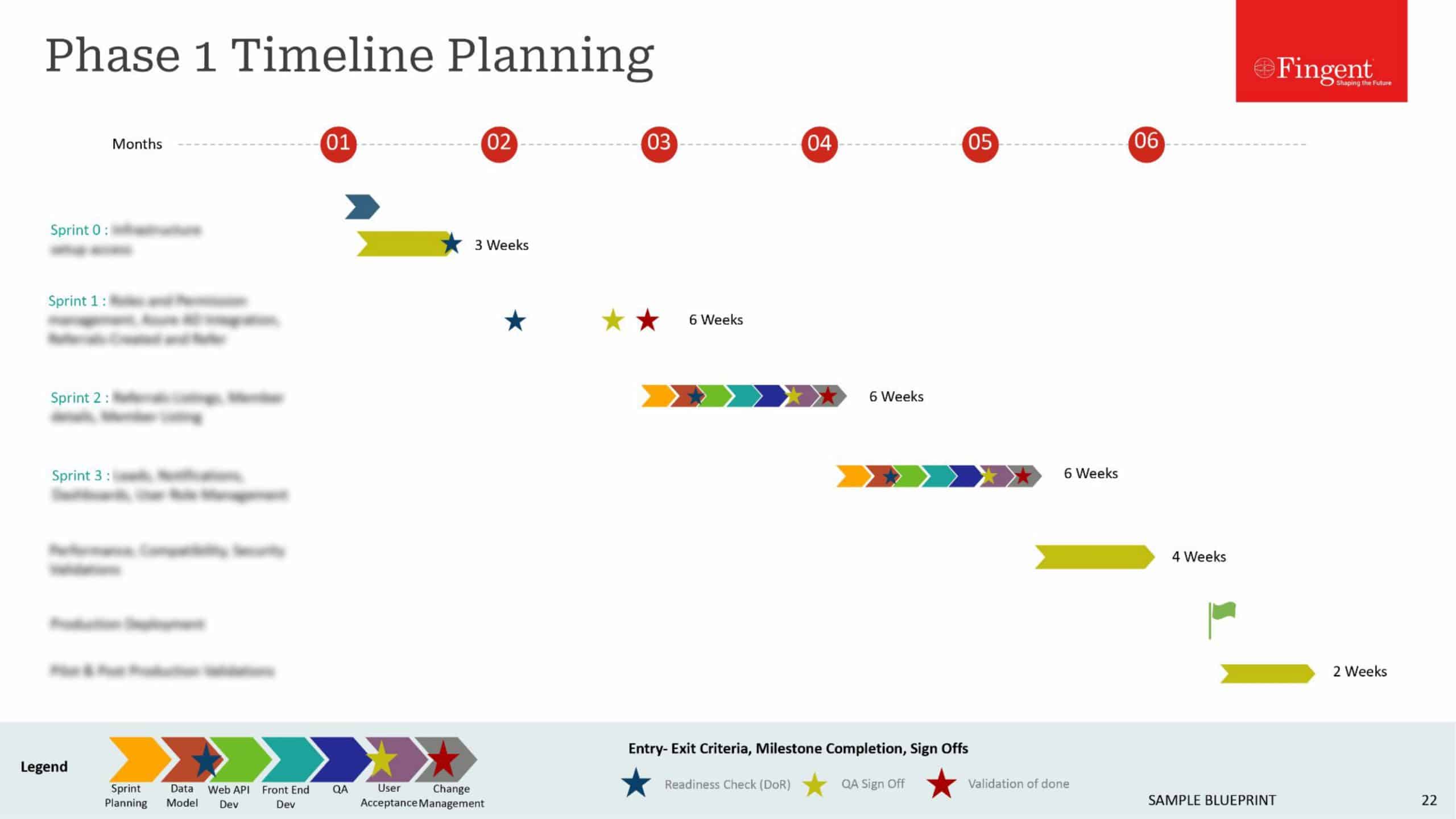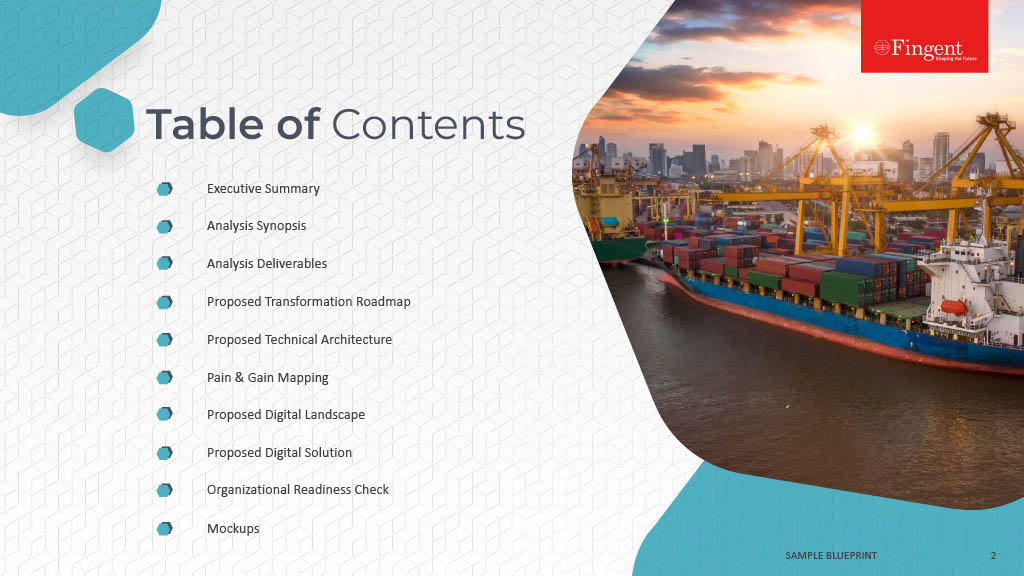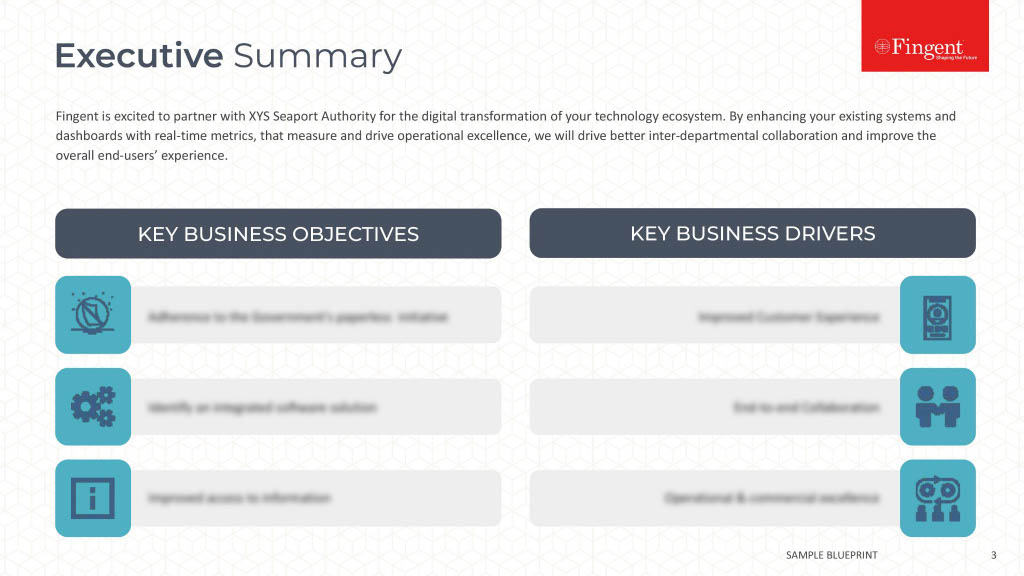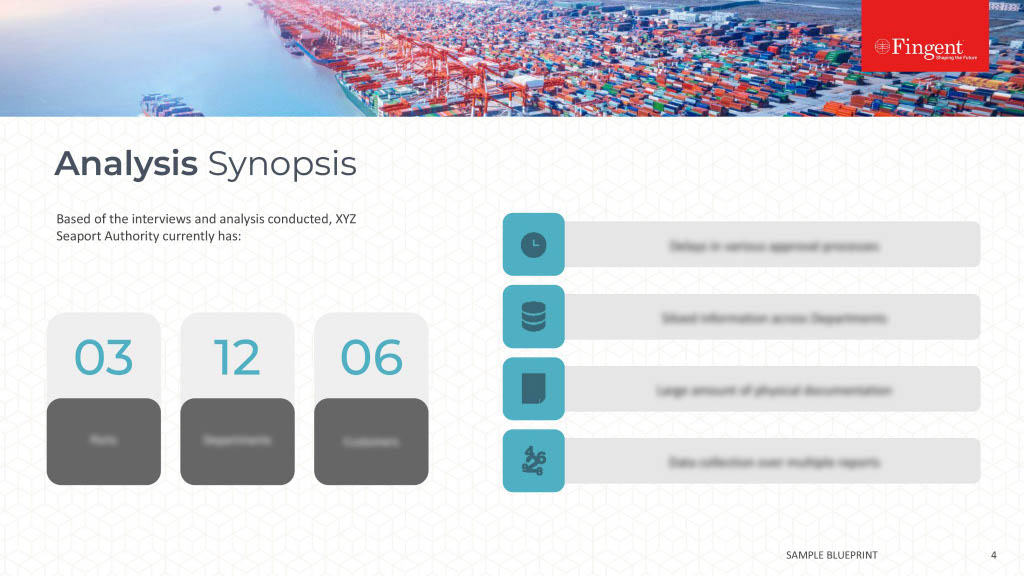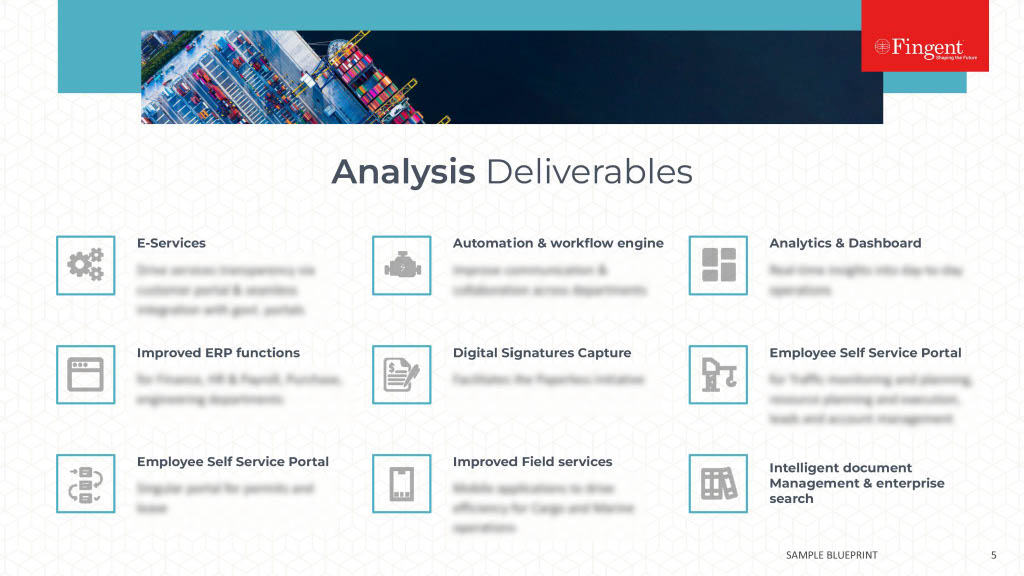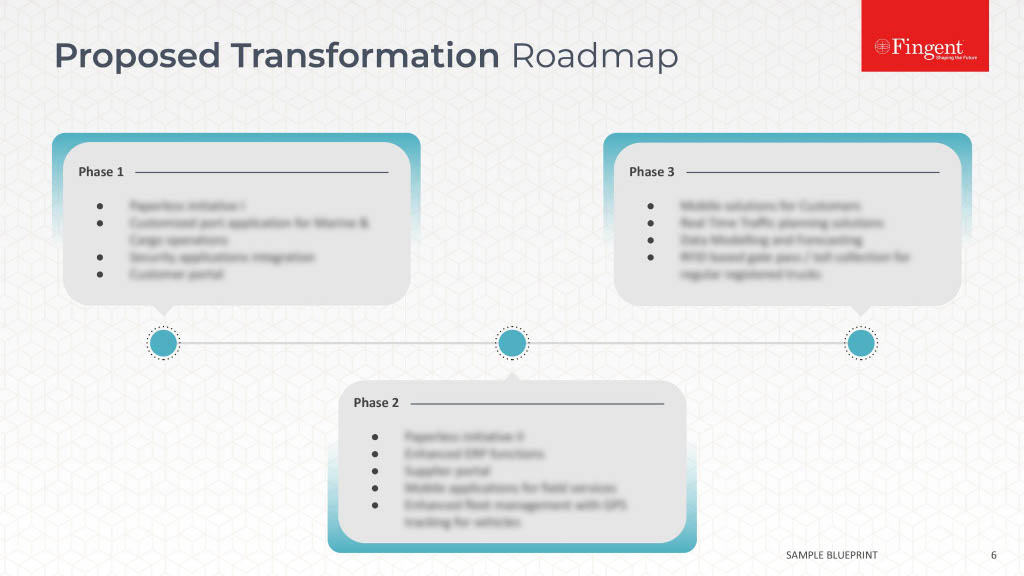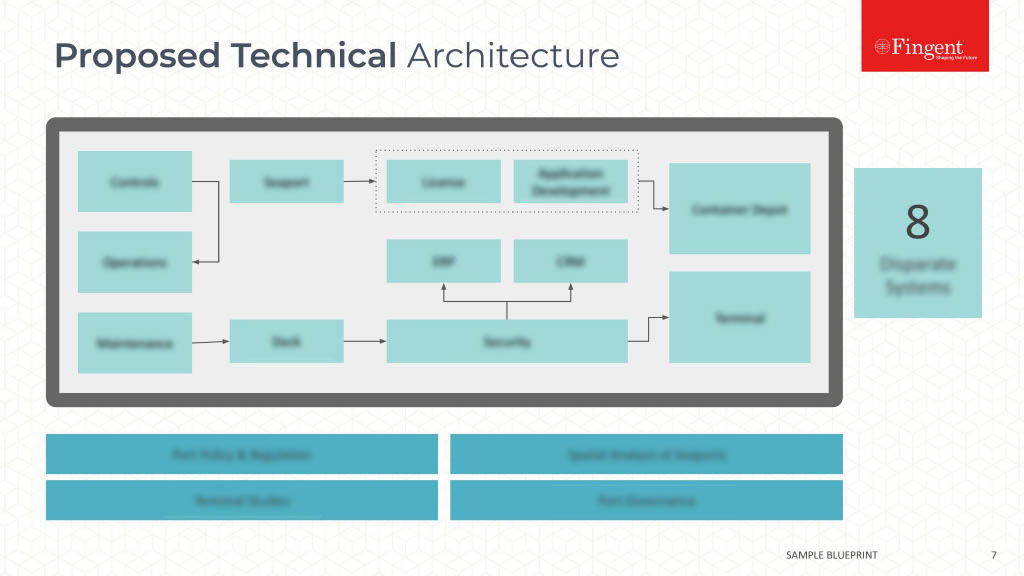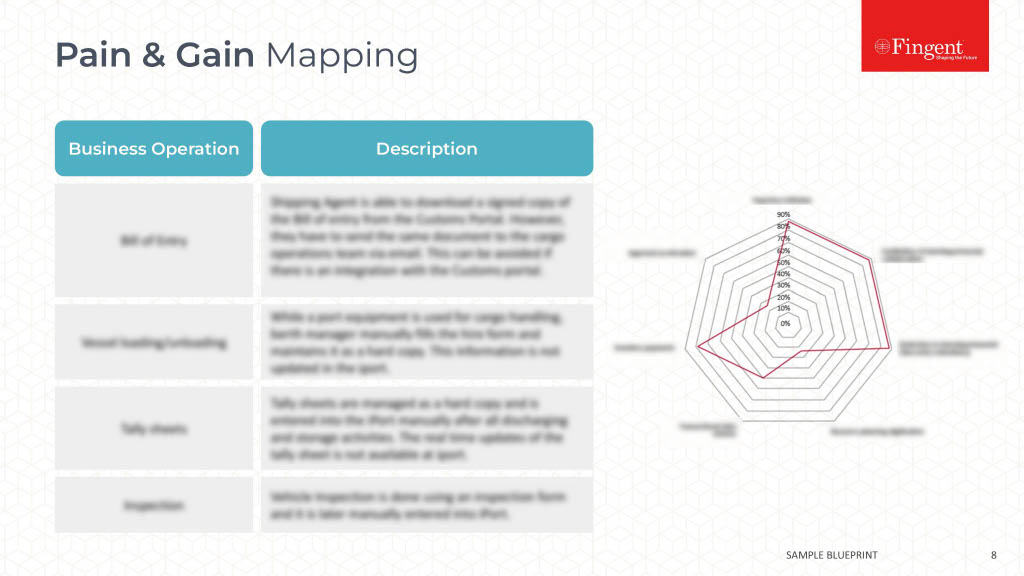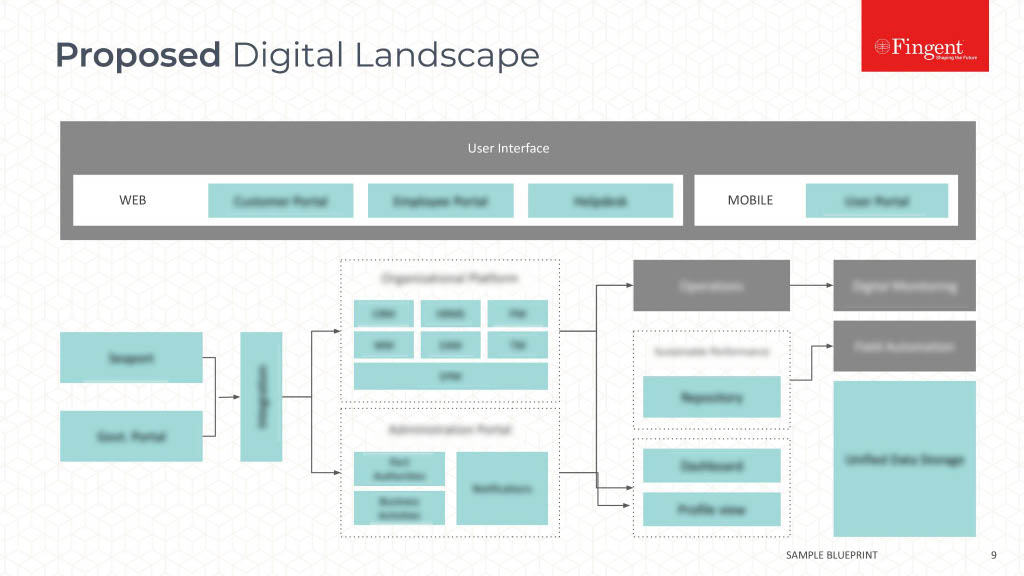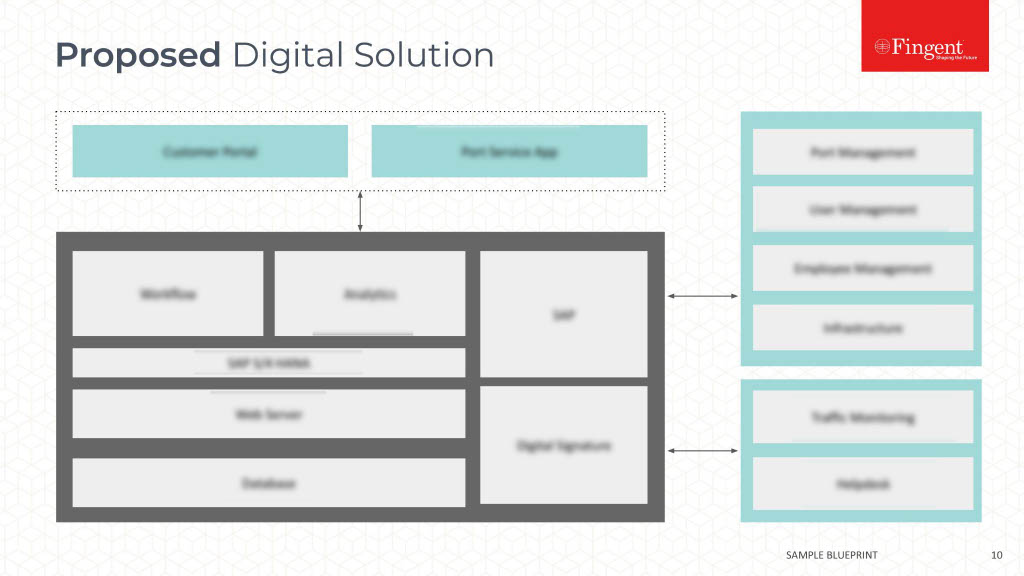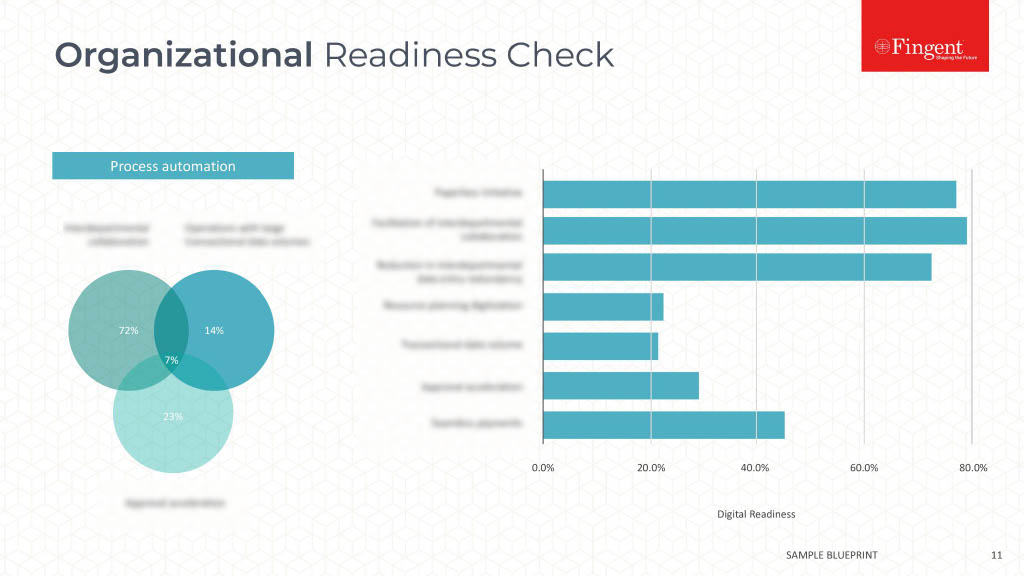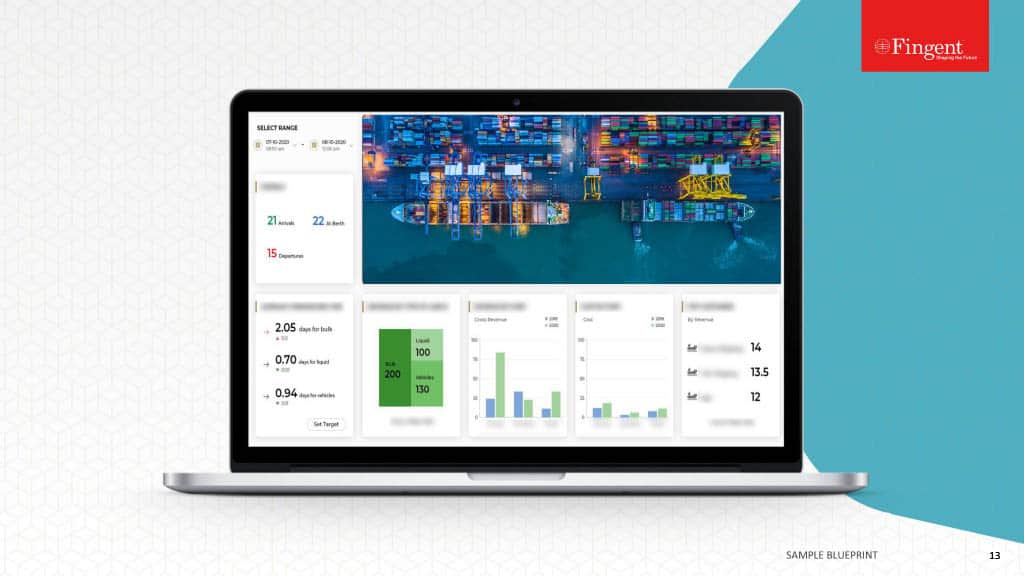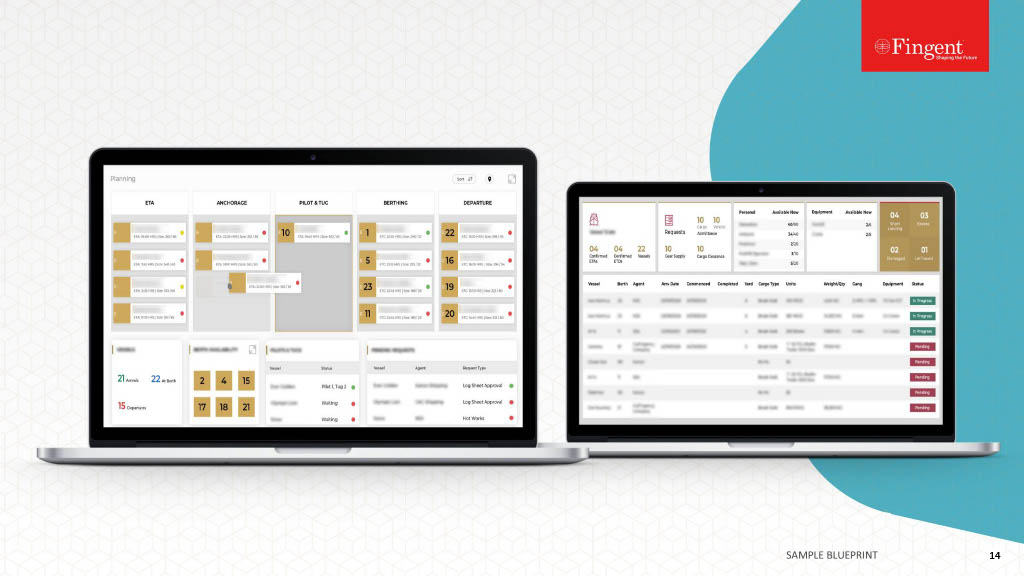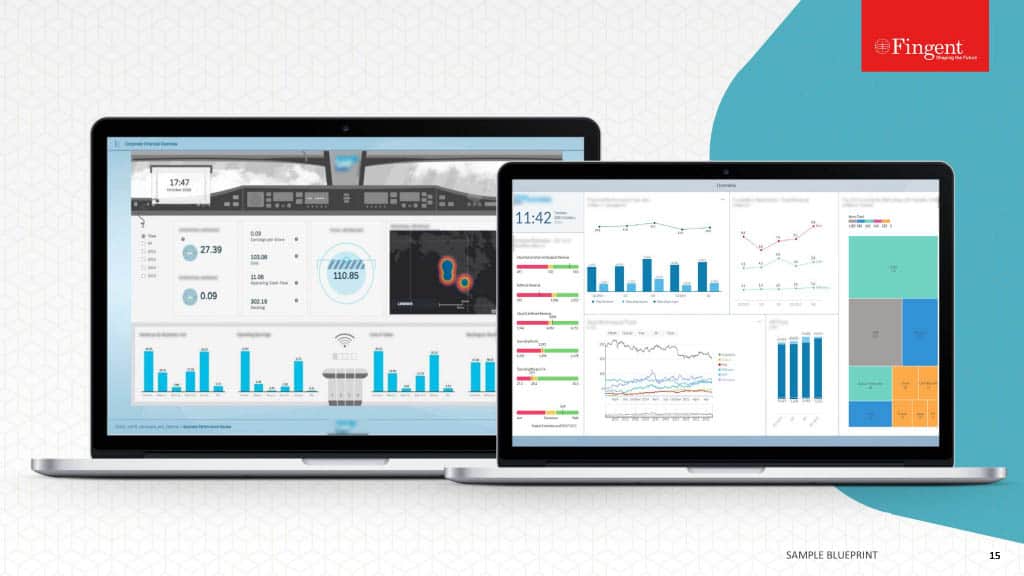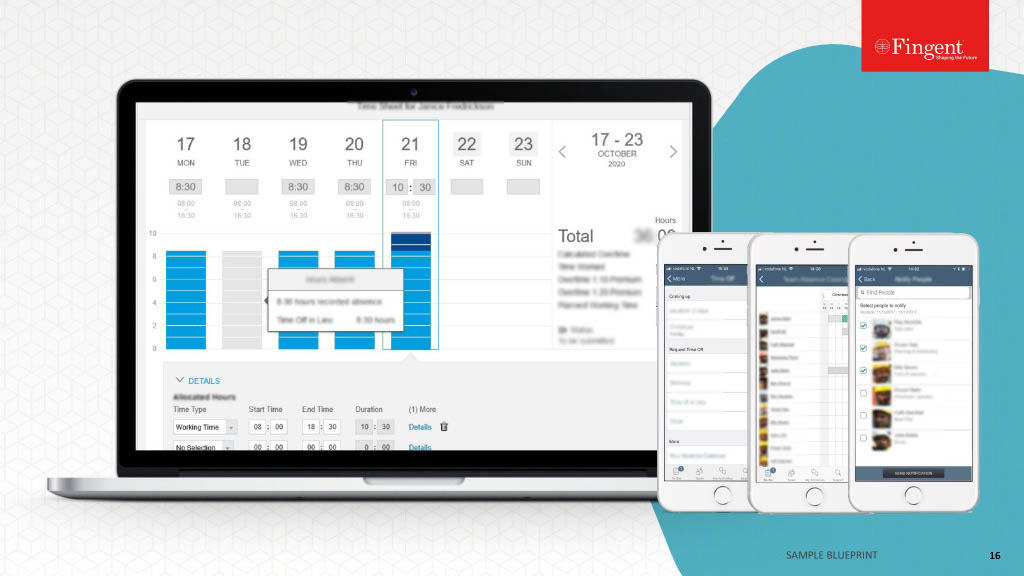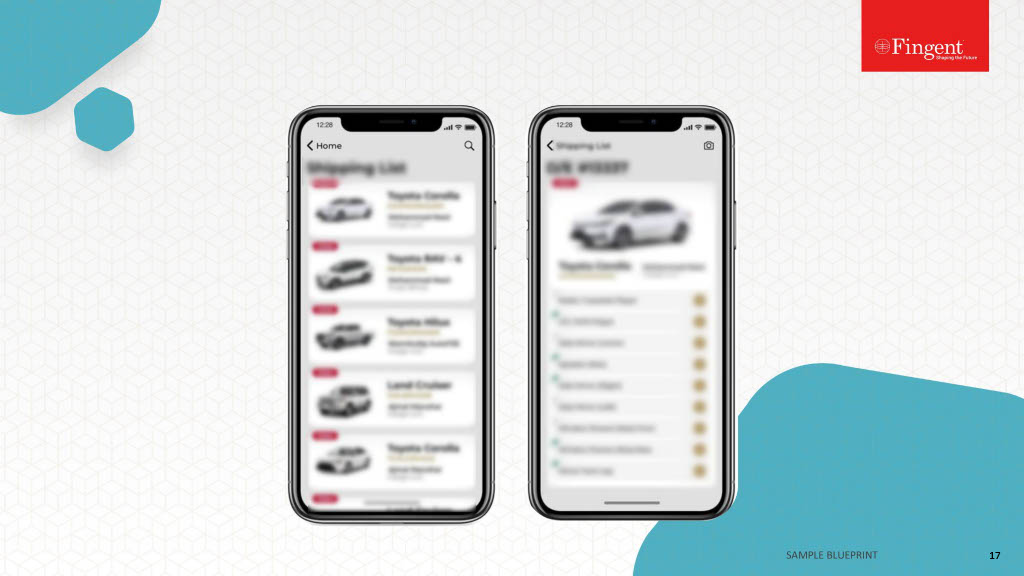Business Benefits
Why Mobile App Development is Important for Your Business?
A business mobile application is a powerful tool that enables your company to reach diverse audiences and make immense fortune in today’s digital-savvy market. With a custom-built mobile app, you will be equipped to achieve far more than what you could with a run-of-the-mill website or a legacy desktop software.
Mobile apps claim 93% of the total time spent on a smartphone, while the remaining 7% of mobile time is consumed by web browsers. This proves why businesses are increasingly relying on mobile development technologies day by day.
Benefits of mobile apps for your business
Customer loyalty: Offers a convenient platform to communicate with customers through push notifications, updates, and offers.
Customer engagement: Allows you to constantly interact with customers and keep them updated on your latest products or services, and promotions.
Drive in-app sales: With eCommerce integration, you can encourage users to purchase your products or services through the mobile app itself.
Boost recurring sales: Easy to roll out discounts, special coupon codes, or even a loyalty program to incentivize customers, so they will be encouraged to buy from you more often.
Scale and grow your business: Share information, collaborate with vendors and partners, interact with customers located anywhere in the world, and expand your global customer base.
Competitive advantage: A well-designed and easy-to-use mobile app puts you ahead of the curve, helps you keep pace with the latest trends, and gives you an edge over the competition.
Cost-effective marketing: A business mobile app is the most cost-effective marketing tool that can be used to build brand recognition, drive traffic to your website, or promote new products or services.
The importance of building a business mobile app is growing rapidly as organizations aim to meet user expectations instantly and seek real-time, convenient ways to perform transactions and access information.
The best mobile app development expert positions your app for success, right from idea to launch and helps your business gain more value and ROI.
Approaches
Top Mobile Application Development Approaches
Native Mobile Applications
- Platform-specific applications developed using the programming languages, SDKs, tools, and frameworks provided by the platform itself
- Designed to run natively on the operating system (OS) of the device such as iOS or Android
- Help leverage platform-specific capabilities in the best way possible
- Faster, more reliable, and offer offline capabilities
Hybrid Mobile Applications
- Combine the elements of both native as well as web applications
- Built using standard web technologies such as JavaScript, CSS or HTML5
- Plugins and APIs can be used to integrate web technology with native app features
- Faster to develop and easier to maintain
Cross-Platform Mobile Applications
- A cross-platform mobile app works across platforms using a single code base
- Easy to build and maintain
- Compatible to run on different operating systems like Android, iOS, and Windows
- Written using different programming languages and frameworks, but compiled to run like a true native application
Progressive Web Applications
- An alternative approach to traditional mobile app development that avoids the need for app store delivery and installations
- Operate via a browser, but act like native apps
- Cheaper, more secure, faster, and easier to develop and provide users with an “app-like” experience by leveraging a set of browser capabilities
Development Platforms
Top Mobile Application Development Platforms
Top mobile app development platforms:
Android
- Linux-based mobile operating system that primarily runs on smartphones and tablets
- Supports running multiple apps simultaneously on a single mobile device
- Offers immense flexibility to customize the UI during development to get the desired outcomes
iOS
- Mobile OS developed by Apple Inc. exclusively for its hardware and is designed for use with Apple's multi-touch devices
- Best-in-class hardware components with the finest design and masterpiece
- Extreme level of security, a solid shield to external threats, virus, and malware
Hybrid
- “Write once, run everywhere” - eliminates the need to build separate applications for different OS
- Blends both native and web programming capabilities within a single application
- Used by organizations that wish to reach a large audience base within a short time
- Increased adoption among users since Android devices are highly affordable and the OS dominates the global smartphones market share
- Plenty of open source libraries and frameworks to accelerate development
- Maximum customization features, scalability, flexibility, and versatility
- Easy to port android applications to other platforms like Ubuntu and Symbian
- Easy to integrate with third-party software
- Low investment and high ROI
- Your potential user base primarily consists of Apple iPhone and iPad users
- Leverage best-in-class hardware components with the finest design and masterpiece
- Develop a consistently performing mobile app with fast and fluid user experience
- Enhance brand recognition and upgrade business objectives by reaching out to tech-savvy audience
- Extreme level of security, a solid shield to external threats, virus, and malware
- Save development and maintenance costs
- Incorporate more features than a basic web application, while not restricting to a web browser capabilities
- Avoid hiring multiple teams for developing on different platforms
- Access more open source frameworks and not just limit to proprietary development platforms
- Reach a wider audience within a short span of time
An expert development partner can help you choose the right platform for your business’s specific needs, considering factors such as the app's features, target audience, and budget.
Technologies
Top Technologies Used for Mobile Application Development
Top Programming Languages For Mobile App Development
SwiftSwift is a game-changing, open-source language in the iOS application development space that is designed to be safe, fast, powerful, and intuitive. It is regarded as a successor to both C and Objective-C languages. The Swift code is interactive, fun, and easier to maintain and read, with a lightweight, yet expressive syntax that allows complex ideas to be conveyed in a clear and concise manner.
C++C++ is the simplest foundation for most of the web programming languages today. It is an object-oriented and platform-independent programming language which provides a clear structure to programs and lowers development costs by promoting code reusability. C++ enables you to develop high-performing, complex, and user-friendly mobile apps and software applications with extended functionality.
JavaJava is a key pillar in Android app development, along with Kotlin, BASIC, and C++. It is a platform-independent, object-oriented, general-purpose programming language with minimal implementation dependencies. With its vibrant range of features, Java allows developers to create the best cross-platform apps, native Android apps, server apps, games, websites, and more.
HTML5HTML5 is the latest version of HTML, the standard markup language used for structuring and displaying content on the web. The “write once, run anywhere” advantage offered by HTML5 reduces your time to market, improves your app’s visibility, makes development affordable, and supports offline browsing. It simplifies cross-platform development by enabling multi-platform functionality and exceptional user experience.
PHPPHP is a widely-used, object-oriented, free and open-source, server-scripting language and also one of the best alternatives to Microsoft’s ASP. Its high level of adaptability has made PHP an ideal choice for building hybrid mobile apps. Popular PHP frameworks such as Laravel, Lumen, CodeIgniter, and Symfony are being used extensively for building mobile apps that require complex backend and exhaustive data migration.
Leading Mobile Application Development Frameworks
Flutter is an open source, cross-platform software development kit (SDK) developed by Google. It extends a wide range of plugins backed by Google and allows mobile apps to be built for both Android and Apple iOS platforms. Flutter is a unique mobile app development toolkit that doesn’t rely on the web browser technology and the widgets shipped with each device.
React Native is a JavaScript open-source framework that supports the development of native apps for iOS and Android platforms. Native apps built using this framework are truly native, that cannot be distinguished from an app built using Objective-C or Java or Swift. Developers can use React Native to share code across multiple platforms from a single code base.
Xamarin is a free and open-source, cross-platform app building platform for creating iOS and Android apps using .NET and C#. Xamarin allows you to deliver native Android, iOS, and Windows apps with a single shared .NET code base. It is one of the most time and cost saving frameworks for mobile app development.
Ionic is a modern, cross-platform, open-source SDK for iOS and Android apps. Built-in CI/CD tools for testing and deployment automates app delivery by helping organizations publish their apps directly to the Google and Apple App Stores. Ionic’s cloud security safeguards and best-in-class mobile security solutions help protect your sensitive data.
Mobile Angular UI is an open source mobile UI framework that combines the best features of Angular js and Bootstrap. Since it makes use of Angular js and Bootstrap, it’s easy for developers to learn the framework and get started. Mobile Angular UI allows businesses to build HTML5 hybrid mobile and desktop apps with less effort.
NativeScript is one of the most desired open source frameworks used to develop Apple iOS and Android apps. It allows developers to build mobile apps using JavaScript or any other language that trans-compiles to JavaScript (eg: TypeScript). The framework offers direct and complete access to all kinds of iOS and Android APIs.
Felgo (formerly V-Play Engine) is a popular native cross-platform development framework with which you can create flexible and modern apps compiled natively from a single code-base for Android, iOS, Desktop, Web, and Embedded platforms. According to Felgo, developers can save up to 90% code with true cross-platform components, service integrations, and out-of-the-box native UI/UX.
Tech Stack
Choosing The Right Technology Stack to Develop Your Mobile App
The complete technology stack for a mobile application includes four key areas:
Front-End Development: The front-end interface on which users interact with the mobile app.
Back-End Development: The back-end interface which receives and processes the user input, and converts it into an output to give the expected results.
Development Platform: Development platform is a space where interfaces and libraries are combined together to design and develop the mobile application.
Other Technology Factors: Technology aspects that affect the performance, security, robustness, scalability, and flexibility of the mobile app.
Leading Mobile Application Development Frameworks
Choosing the right tech stack for mobile development requires careful consideration and analysis of a number of factors:
- Device and platform on which the app would run, network conditions required, targeted user experience, and estimated go to market time
- All the above factors will help decide the set of frameworks, languages, libraries, and other software components needed to develop the mobile app
- Goal of the mobile app, that is, whether it should be capable of processing heavy loads, high or low latency, etc.
- Acquaintance of the development team with a particular tech stack - this will also affect the cost, time, and quality of development
- Availability of documentation and community support for the intended tech stack
- Platform selection - whether you want to develop a native iOS or Android app or a hybrid or cross-platform application that is compatible with multiple platforms
- Security level of the tech stack will influence your mobile app’s ability to combat security vulnerabilities in the post-launch phase
- Compatibility of the tech stack with the existing technologies you are using - a compatible tech stack allows you to be more innovative and scalable
Selecting the right tech stack for your mobile application requires careful infrastructure planning and in-depth analysis of your business goals. The right expert with relevant experience can help you get started.
Tech Trends
Latest Mobile Technology Trends That Will Benefit Your Business
5G Technology
5G is the fifth generation of cellular wireless technology. Compared to its predecessor 4G, 5G uses very high frequencies that offer more bandwidth, allowing businesses to deliver data at higher speeds to more devices. 5G is expected to boost network efficiency and traffic capacity, with an estimated 10x decrease in latency.
Augmented Reality (AR) and Virtual Reality (VR)
AR is widely used by retailers, educational institutions, healthcare providers, workforce management teams, ecommerce companies, industrial manufacturing units, and other industries to create powerful mobile user experiences that help them gain a competitive edge. Like AR, VR is also transforming mobile app development today. For example, VR can connect with phones, apps, and wearables to enhance the user experience and content perception of fully functional mobile apps.
Artificial Intelligence & Machine Learning
Incorporating Artificial Intelligence (AI) and Machine Learning (ML) in mobile app development will significantly reduce the errors that are often overlooked by human programmers. Automated warehouses, smart logistics apps, chatbots, voice assistants, voice recognition apps, predictive analytics for personalized recommendations, and security apps with facial recognition for fraud prevention are some of the top use cases for AI in mobile apps.
Cloud Technology
Cloud technology intends to promote anytime, anywhere, data access on any device used by the user, which is also the primary purpose of creating a mobile application. Cloud-based services enable greater flexibility, scalability and security in mobile app development. With cloud, app developers can build and deploy apps more quickly and easily and also provide users with access to their data and app functionality from any device.
Mobile Wallets
Most customers prefer not to carry physical currency as they travel or go shopping. Mobile wallets (virtual payment apps) increase the convenience for buyers and guarantee businesses with assured payments. A secure mobile wallet stores information from your credit or debit cards, coupons, and loyalty cards on your mobile device, so you can safely make payments to both people and vendors, whether at a mall or grocery store right from your mobile.
Success Stories
Business Mobile Application Development Case Studies
1. VR-Integrated Mobile App for a University
A leading university in the United States wanted to make their programs and courses more accessible to students from the underprivileged areas of the state. They wanted to develop a highly-interactive mobile app that could help students pursue learning and explore career paths without complications.
- Virtual reality integrated mobile app for students to explore 16 different campuses
- 360-degree VR videos provide enriching campus and classroom experience, leading to increased enrollments
- Teleportation in VR enables students to effectively interact with programs
- Students can connect with the university staff members and enroll for programs through the mobile app itself
2. Native Android Mobile App for a Data Science and Risk-Modeling Start-Up
Our customer, GeoSure, is a real-time safety measurement and rating platform that enables travelers to gauge their personal safety level at any moment, from anywhere. Fingent helped them create a customized native mobile app to assist travelers with personalized and quantifiable travel security content.
- Data from trusted sources and crowd-sourced reports are integrated with smart, data-driven, statistical algorithms
- Highly sophisticated analytical engine to provide recommendations to users
- Delivery of personalized and quantifiable travel security content
- Improved consumer outreach with marketing assistance
3. Mobile Payment Gateway Integration with Point of Sale Applications
Fingent assisted ChargeItPro, an industry leader in digital payment processing, to develop a mobile payment gateway solution that can be integrated with any Point of Sale (POS) application.
- In-app features to support signature recording, email receipt and transaction logging
- A vast array of device configuration and registration solutions
- Effortless and streamlined payment processing
- A modern gateway for processing credit card payments
